Navigating the complexities of the modern digital landscape, Singapore faces a dynamic and evolving cybersecurity challenge. As a key global business hub, the nation is at the forefront of technological advancements, making it both a target and a trendsetter in the realm of cybersecurity. Understanding the nuances of the Singaporean Cybersecurity Audit Firm and their landscape is crucial for individuals, businesses, and the government alike.
Understanding the Singaporean Cybersecurity Landscape
Singapore’s cybersecurity landscape is marked by a sophisticated interplay of technological innovation and persistent threats. The city-state has experienced a surge in cyber threats, ranging from traditional malware and phishing attacks to more advanced threats like ransomware and supply chain vulnerabilities. With the rapid digitization of industries and the widespread adoption of emerging technologies, businesses in Singapore find themselves at an intersection of opportunities and risks. The need for robust cybersecurity measures is underscored by the increasing frequency and sophistication of cyber threats targeting both public and private sectors.
Recent Cyber Threats and Trends Impacting Businesses in the Region
In recent times, Singapore has witnessed a surge in cyber threats that exploit vulnerabilities in remote work setups, cloud infrastructure, and interconnected systems. The rise of targeted attacks on critical infrastructure, financial institutions, and government entities has emphasized the need for a proactive cybersecurity approach. Additionally, the growing prevalence of data breaches and the evolving tactics of cybercriminals pose significant challenges for businesses aiming to protect sensitive information. To navigate this landscape effectively, businesses are turning to Cybersecurity Audit Firms to conduct comprehensive assessments, ensuring their security postures align with industry best practices and regulatory requirements. Stay tuned as we delve deeper into the specific challenges and opportunities offered by Cybersecurity Audit Firms in Singapore.
Regulatory Framework and Compliance
Singapore has established a robust regulatory framework to address the growing concerns related to cybersecurity. The government recognizes the critical role of cybersecurity in safeguarding national interests and the digital economy. The Personal Data Protection Act (PDPA) and the Cybersecurity Act are key legislative measures that lay the foundation for cybersecurity regulations in Singapore. These regulations aim to enhance the protection of personal data and critical information infrastructure, fostering a secure digital environment.
In line with regulatory requirements, businesses operating in Singapore must adhere to specific compliance standards and industry best practices. Compliance is not only a legal obligation but also a strategic imperative for maintaining trust and credibility.
The MAS and CSA
The Monetary Authority of Singapore (MAS) and the Cyber Security Agency of Singapore (CSA) provide guidelines and frameworks to assist organizations in meeting compliance requirements. For businesses navigating this intricate landscape, engaging with Cybersecurity Audit Firms becomes essential. These firms specialize in evaluating the effectiveness of cybersecurity measures, ensuring alignment with regulatory standards, and providing recommendations for continuous improvement. In our exploration of Singapore’s regulatory framework and compliance landscape, we will delve deeper into the role of Cybersecurity Audit Firms in helping businesses navigate the complexities of regulatory adherence.
Talk to our Cybersecurity Expert to discuss your specific needs and how we can help your business.
Scope and Objectives of the Cybersecurity Audit
The scope of a cybersecurity audit is a crucial aspect that varies based on the size, structure, and industry of the organization. For Singaporean businesses, the audit’s scope should encompass a comprehensive evaluation of the entire cybersecurity infrastructure, including networks, systems, applications, and data handling processes. Cybersecurity Audit Firms tailor their approach to the specific needs of the organization, ensuring that no critical aspect is overlooked.
Objectives
In establishing the objectives of the cybersecurity audit, the focus is on addressing identified risks effectively. The objectives may include assessing the effectiveness of existing security controls, identifying vulnerabilities, evaluating the organization’s readiness to respond to cyber threats, and ensuring compliance with regulatory standards.
Cybersecurity Audit Firms play a pivotal role in defining these objectives collaboratively with the organization’s stakeholders. Their expertise allows them to align the audit objectives with the unique cybersecurity challenges faced by businesses in Singapore.
As we navigate the realm of cybersecurity audits in Singapore, we will explore how Cybersecurity Audit Firms tailor their scope and objectives to meet the specific requirements of organizations operating in the region.
Employee Awareness and Training
One crucial aspect addressed by Cybersecurity Audit Firms is the significance of cybersecurity awareness among employees. Human error remains a prevalent factor in cybersecurity incidents, and Cybersecurity Audit Firms recognize the importance of cultivating a security-conscious culture within organizations. Through comprehensive audits, these firms assess the existing level of awareness among employees regarding cybersecurity best practices, potential threats, and their role in maintaining a secure digital environment. By identifying gaps in awareness, tailored training programs can be developed to enhance employees’ understanding of cybersecurity risks and equip them with the knowledge needed to make secure decisions in their daily work.
In executing effective training programs, Cybersecurity Audit Firms employ strategies that specifically target human-related risks. Recognizing that employees are both the front line and potential weak link in an organization’s cybersecurity posture, these firms design training sessions that are engaging, relevant, and tailored to the organization’s unique challenges.
This may include simulated phishing exercises, interactive workshops, and regular awareness campaigns to keep cybersecurity at the forefront of employees’ minds. Through these initiatives, Cybersecurity Audit Firms contribute to the creation of a resilient and knowledgeable workforce capable of actively participating in the protection of sensitive data and mitigating potential risks.
Risk Assessment and Vulnerability Analysis:
In the realm of cybersecurity audit services in Singapore, a pivotal focus is placed on conducting a comprehensive risk assessment. Cybersecurity Audit Firms employ methodologies that are finely tuned to the Singaporean context, considering the specific cyber threat landscape and industry intricacies. This risk assessment involves a meticulous examination of potential vulnerabilities and threats that could compromise the organization’s cybersecurity posture.
Identifying vulnerabilities is a critical step in the cybersecurity audit process. Cybersecurity Audit Firms employ advanced tools and methodologies to pinpoint weaknesses in the organization’s systems, networks, and applications. Through thorough vulnerability analysis, they assess the susceptibility of the organization to various cyber threats. This step is integral to crafting effective cybersecurity strategies and ensuring that the organization is fortified against potential cyber-attacks. As we delve deeper into the cybersecurity audit landscape in Singapore, we will explore how Cybersecurity Audit Firms navigate the intricacies of risk assessment and vulnerability analysis to enhance the cyber resilience of organizations.
Penetration Testing
In the domain of cybersecurity audit services in Singapore, penetration testing assumes a crucial role in evaluating the effectiveness of cybersecurity measures. Cybersecurity Audit Firms leverage penetration testing as a proactive approach to identify and exploit vulnerabilities in an organization’s systems, applications, or networks. By simulating real-world cyber-attacks, penetration testing provides valuable insights into the security posture of an organization. This method assesses the readiness of existing cybersecurity measures and aids in fortifying defenses against potential threats.
Real-world examples of successful penetration testing outcomes illustrate the tangible benefits that organizations derive from engaging Cybersecurity Audit Firms in Singapore. These examples showcase instances where vulnerabilities were identified, exploited, and subsequently addressed, leading to a strengthened cybersecurity infrastructure. The role of penetration testing goes beyond identifying weaknesses; it actively contributes to the continuous improvement of an organization’s cybersecurity strategy. As we delve into the intricacies of penetration testing in the Singaporean context, we’ll explore how Cybersecurity Audit Firms play a pivotal role in securing organizations through this proactive testing approach.
Data Protection and Privacy Measures
Within the realm of cybersecurity audit services in Singapore, a paramount focus is on addressing data protection and privacy concerns, aligning with the stringent guidelines set forth by Singapore’s Personal Data Protection Act (PDPA).
Cybersecurity Audit Firms play a pivotal role in helping organizations navigate the complexities of the PDPA, ensuring that their data protection practices adhere to legal requirements. This involves conducting comprehensive audits to assess the handling, storage, and processing of personal data, pinpointing areas of non-compliance, and recommending robust measures for corrective action. By proactively engaging in these audits, organizations can fortify their commitment to data protection and privacy, fostering trust among stakeholders and demonstrating compliance with regulatory standards.
Regulatory Compliance
Ensuring compliance with the PDPA, these firms assist organizations in developing comprehensive strategies that safeguard the privacy of individuals’ personal data. This involves a multi-faceted approach, including:
- Data Encryption: Implementing strong encryption protocols to protect sensitive information both in transit and at rest.
- Access Controls: Enforcing strict access controls to limit and monitor the access to confidential data, ensuring that only authorized personnel can retrieve or modify sensitive information.
- Regular Audits: Conducting regular audits and assessments to identify and rectify any potential vulnerabilities in data protection mechanisms.
- Incident Response Plans: Formulating detailed incident response plans to swiftly and effectively address any data breaches, minimizing the impact on individuals and the organization.
In addition to regulatory compliance, Cybersecurity Audit Firms play a pivotal role in helping organizations implement robust measures to safeguard sensitive information. This involves employing cutting-edge technologies and methodologies to secure data against evolving cyber threats. The emphasis is on creating a resilient data protection framework that not only meets compliance standards but also goes beyond, ensuring a proactive and adaptive approach to privacy and data security. The collaboration with Cybersecurity Audit Firms becomes essential for organizations aiming to navigate the complex landscape of data protection and privacy in Singapore.
Incident Response Planning
Cybersecurity Audit Firms play a pivotal role in developing a comprehensive incident response plan customized to meet Singapore’s specific regulatory requirements. These firms recognize that having a well-defined and structured incident response plan is critical for organizations to effectively mitigate and manage security incidents. As part of their audit services, Cybersecurity Audit Firms conduct thorough assessments of an organization’s existing incident response capabilities. This involves evaluating the clarity and completeness of the incident response plan, identifying key personnel responsible for different aspects of incident response, and ensuring alignment with regulatory expectations outlined by authorities such as the Cyber Security Agency of Singapore (CSA) and the Personal Data Protection Commission (PDPC).
The Importance
The importance of timely and effective response in minimizing the impact of security incidents cannot be overstated. Cybersecurity Audit Firms emphasize the need for organizations to have a proactive approach to incident response rather than a reactive one. In the event of a security incident, every moment counts, and having a well-prepared incident response plan ensures that the organization can swiftly and decisively address the situation. To illustrate the key components and benefits of an incident response plan, the following table and bullet points outline the elements emphasized by Cybersecurity Audit Firms:
| Key Components of Incident Response Plan | Benefits |
|---|---|
| Clearly defined roles and responsibilities | Efficient coordination during an incident |
| Communication protocols and escalation procedures | Timely reporting and escalation of incidents |
| Incident categorization and severity levels | Prioritization of responses based on the severity |
| Data breach notification procedures | Compliance with regulatory requirements |
| Regularly tested and updated plan | Enhanced readiness and effectiveness during incidents |
By guiding organizations through the development and implementation of such incident response plans, Cybersecurity Audit Firms contribute to building resilience and minimizing the potential impact of security incidents on businesses in Singapore.
Continuous Monitoring and Improvement
Cybersecurity Audit Firms recognize the importance of continuous monitoring as a cornerstone of robust cybersecurity practices. They guide organizations in implementing ongoing monitoring mechanisms designed to detect and respond to emerging threats promptly. This involves deploying advanced monitoring tools, establishing threat intelligence feeds, and configuring alerting systems to ensure real-time awareness of potential security incidents. By conducting regular assessments, Cybersecurity Audit Firms assist organizations in staying vigilant against evolving cyber threats, contributing to a proactive and adaptive cybersecurity posture.
Strategies
Strategies for continuous improvement of cybersecurity measures are integral components of the services provided by Cybersecurity Audit Firms. These strategies encompass a holistic approach to enhancing an organization’s security posture over time. Some key strategies include:
- Regular Vulnerability Assessments: Conducting routine assessments to identify and remediate vulnerabilities in the IT infrastructure.
- Employee Training and Awareness Programs: Implementing ongoing training initiatives to keep employees informed about the latest cybersecurity threats and best practices.
- Scenario-Based Drills: Organizing simulated exercises to evaluate the effectiveness of incident response plans and identify areas for improvement.
- Technology Updates and Upgrades: Ensuring that cybersecurity technologies are regularly updated to defend against new and evolving threats.
- Adherence to Regulatory Changes: Keeping abreast of changes in Singapore’s cybersecurity regulations and adjusting security measures accordingly.
By actively engaging in continuous improvement strategies, organizations can adapt to the dynamic threat landscape and strengthen their overall cybersecurity resilience. Cybersecurity Audit Firms play a crucial role in guiding organizations through these processes, fostering a culture of ongoing enhancement in cybersecurity practices.
Latest Penetration Testing Report
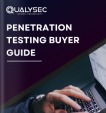
Conclusion
In conclusion, the intricate landscape of cybersecurity in Singapore necessitates a strategic approach, and the role of a Cybersecurity Audit Firm cannot be overstated. As the digital realm evolves, the need for robust cybersecurity measures becomes more pronounced, and organizations in Singapore must align with regulatory requirements and industry standards. A Cybersecurity Audit Firm serves as a valuable partner in this journey, providing comprehensive assessments, ensuring compliance with local regulations, and fortifying defenses against emerging threats.
The importance of a Cybersecurity Audit Firm extends beyond mere regulatory adherence; it becomes a strategic ally in building a resilient cybersecurity framework. By addressing vulnerabilities, conducting thorough risk assessments, and implementing continuous monitoring mechanisms, these firms contribute significantly to the overall cybersecurity posture of organizations in Singapore. As technology advances and threat landscapes evolve, a Cybersecurity Audit Firm remains instrumental in guiding organizations through the complexities of cybersecurity, ultimately enhancing their ability to navigate the digital landscape securely and with confidence.
Frequently Asked Questions (FAQs)
Q: What services do Cybersecurity Audit Firms in Singapore offer?
A: Cybersecurity Audit Firms in Singapore provide a range of services, including cybersecurity assessments, compliance audits, risk analysis, penetration testing, and incident response planning. They tailor their offerings to enhance an organization’s cybersecurity posture.
Q: Why is regulatory compliance crucial for businesses working with a Cybersecurity Audit Firm?
A: Compliance with Singapore’s cybersecurity regulations is vital to avoid legal repercussions and safeguard sensitive information. Cybersecurity Audit Firms assist businesses in aligning with these regulations, ensuring a robust and legally sound cybersecurity strategy.
Q: How often should organizations conduct cybersecurity audits with a Cybersecurity Audit Firm?
A: The frequency of cybersecurity audits depends on factors like industry regulations, organizational changes, and emerging threats. Generally, organizations in Singapore should consider annual audits, with more frequent assessments in rapidly evolving sectors.
Q: Can Cybersecurity Audit Firms help with employee training programs?
A: Yes, Cybersecurity Audit Firms play a crucial role in enhancing employee awareness and training. They design programs to educate staff on cybersecurity best practices, reducing the risk of human-related security incidents.
Q: What benefits can organizations expect from continuous monitoring provided by a Cybersecurity Audit Firm?
A: Continuous monitoring allows for real-time threat detection and response. Cybersecurity Audit Firms help organizations in Singapore stay proactive by identifying and mitigating emerging threats promptly, ensuring ongoing cybersecurity resilience.

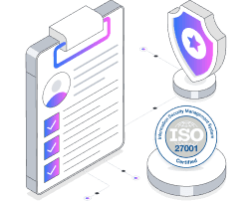
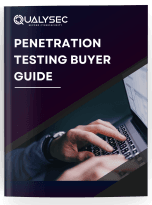







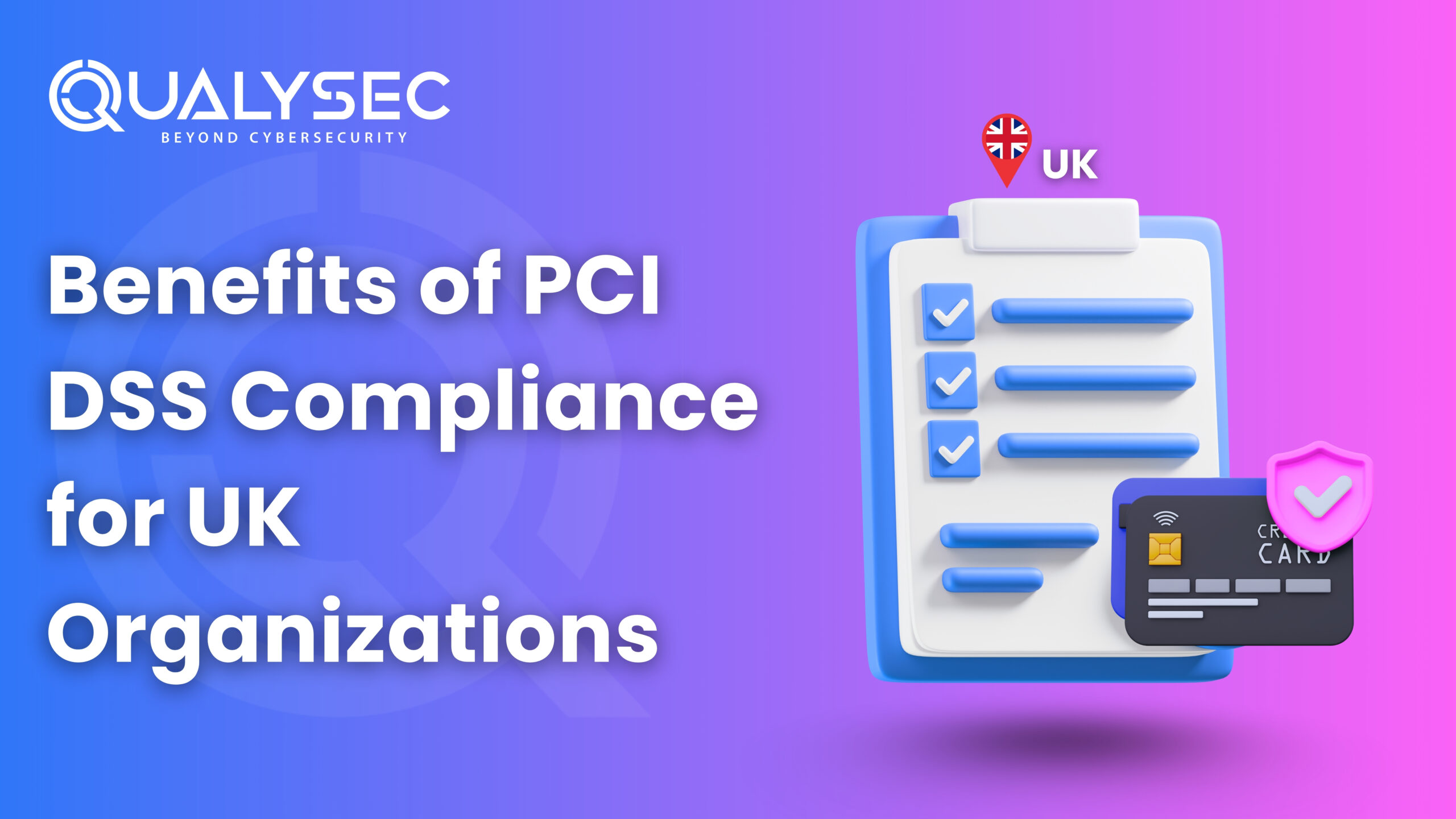
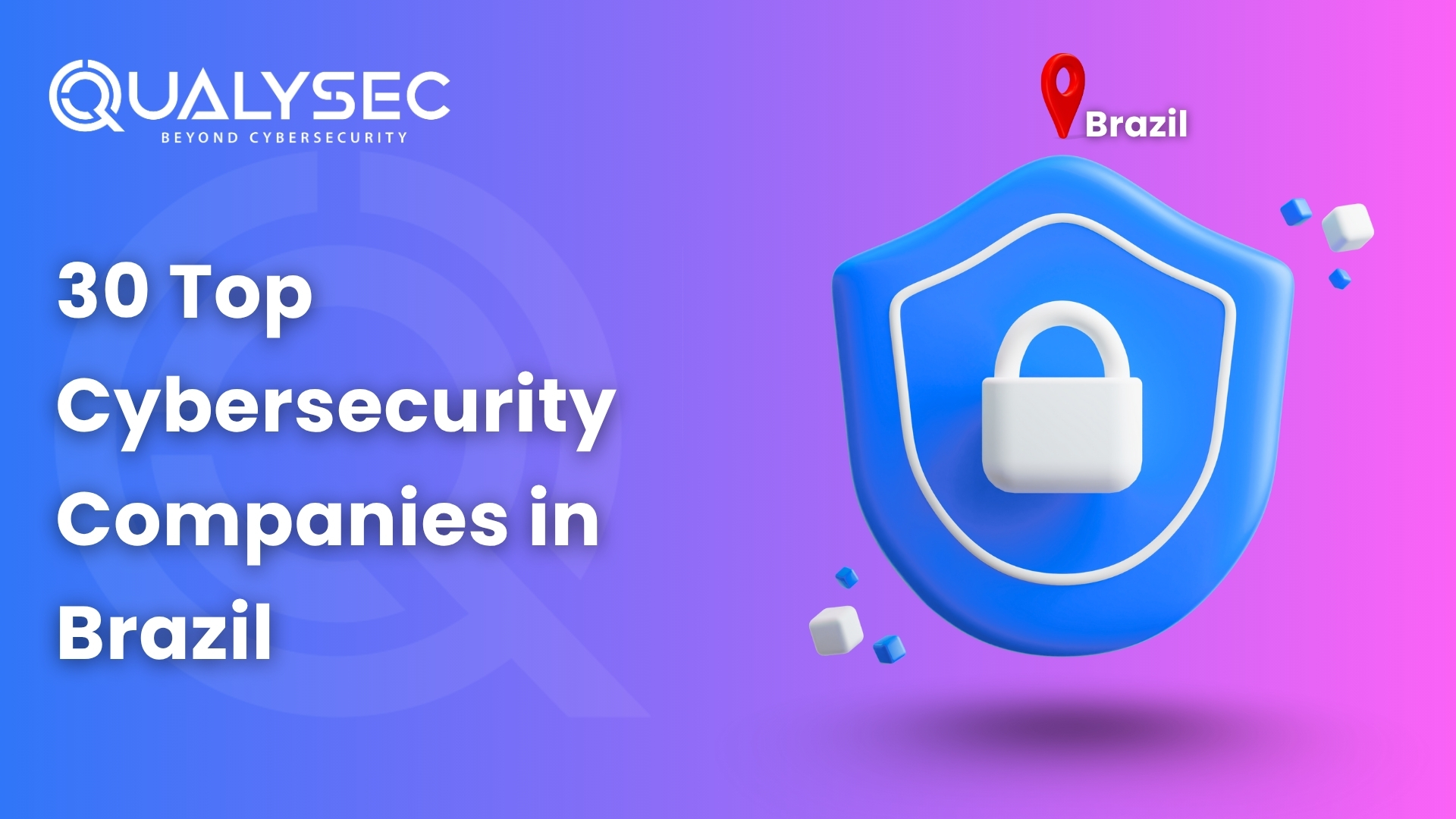
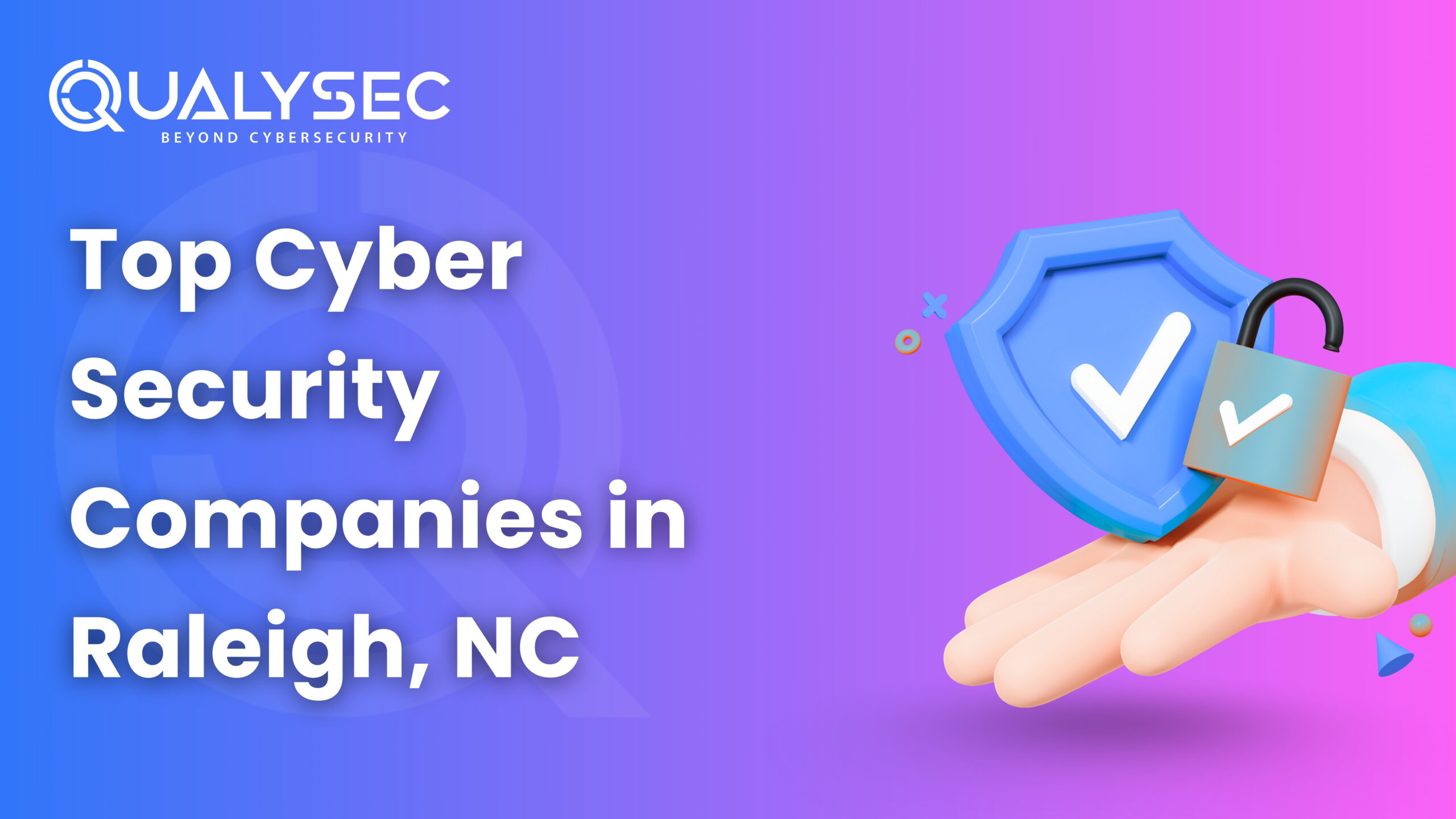
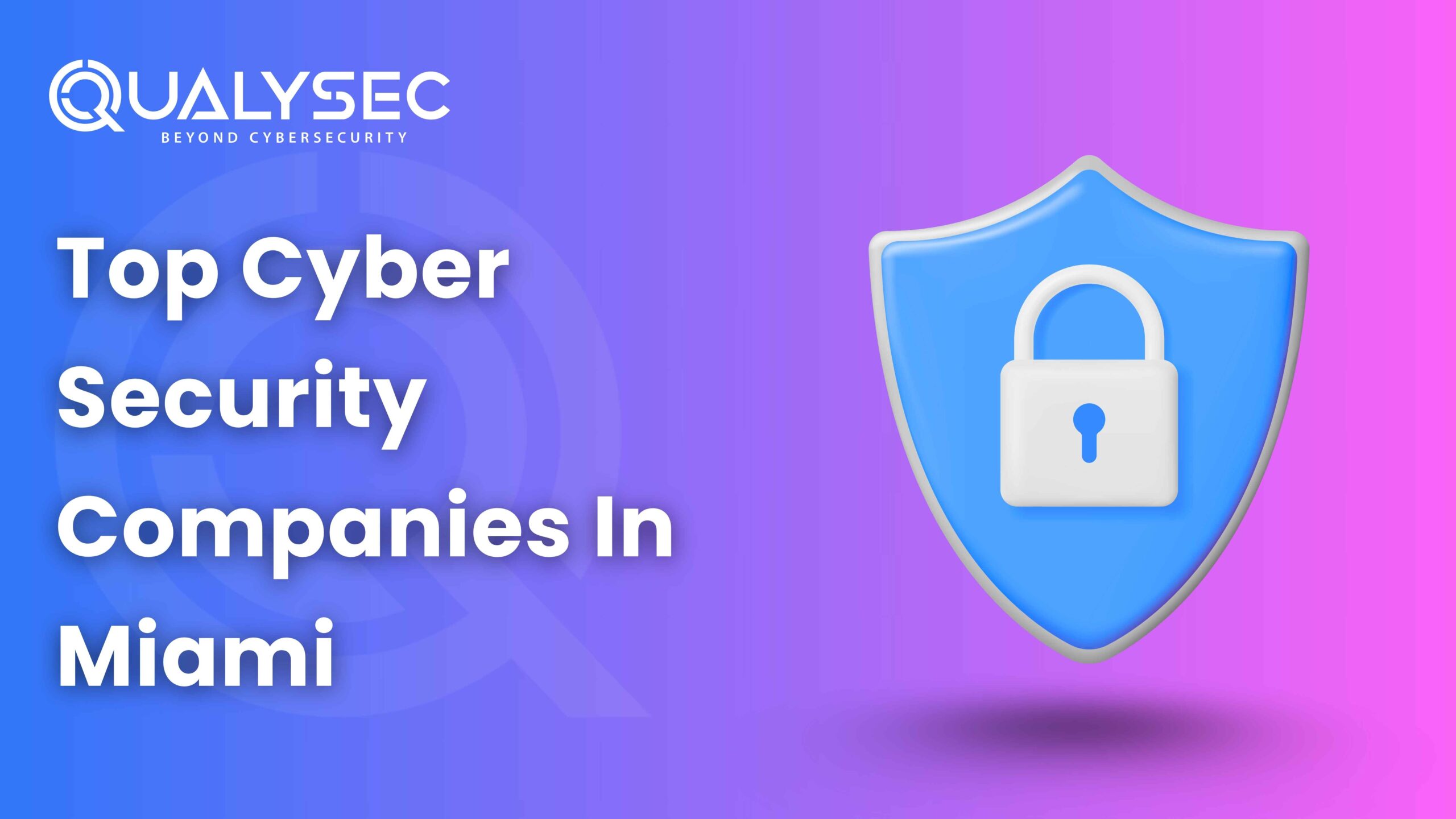

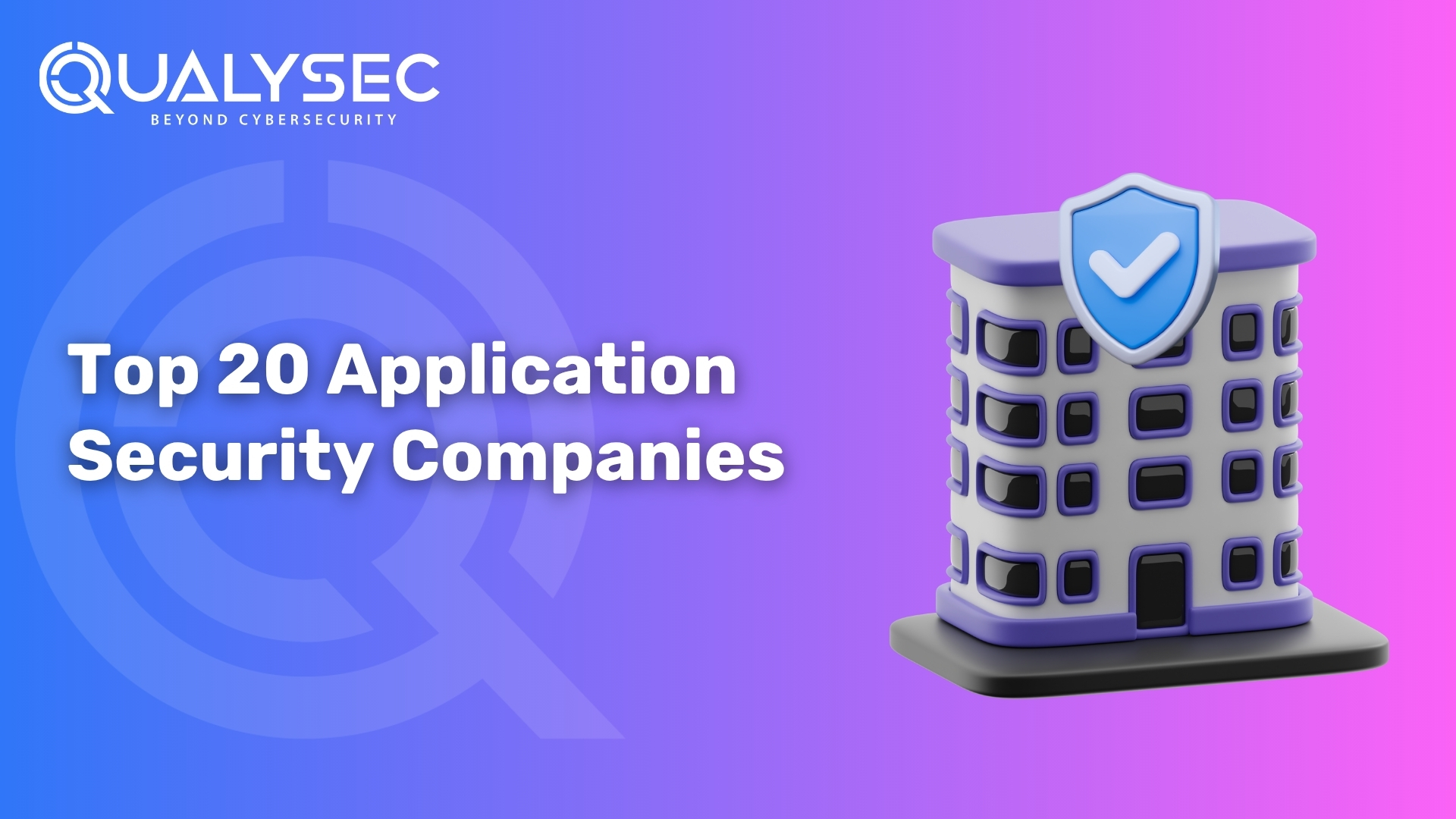
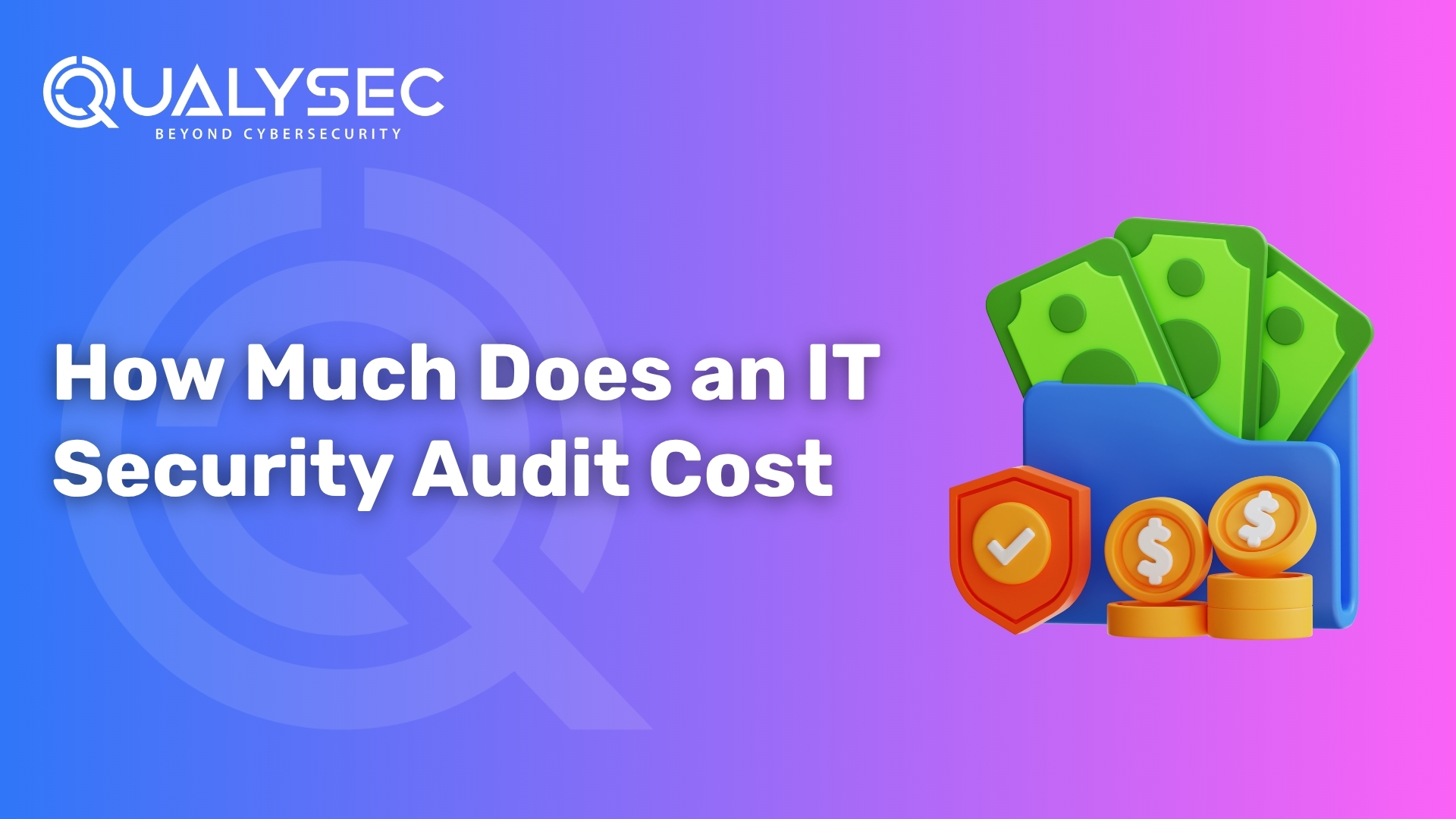
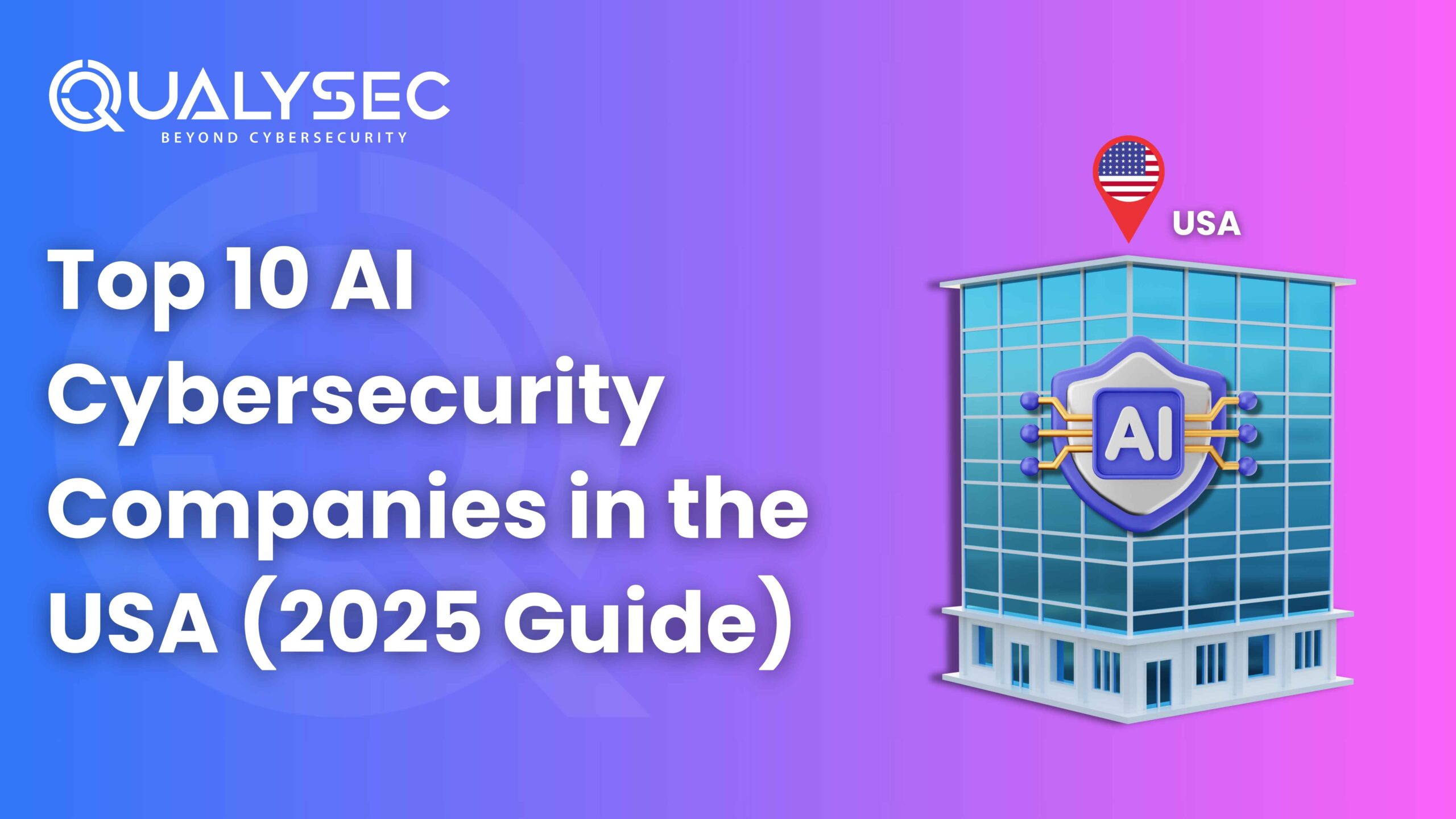
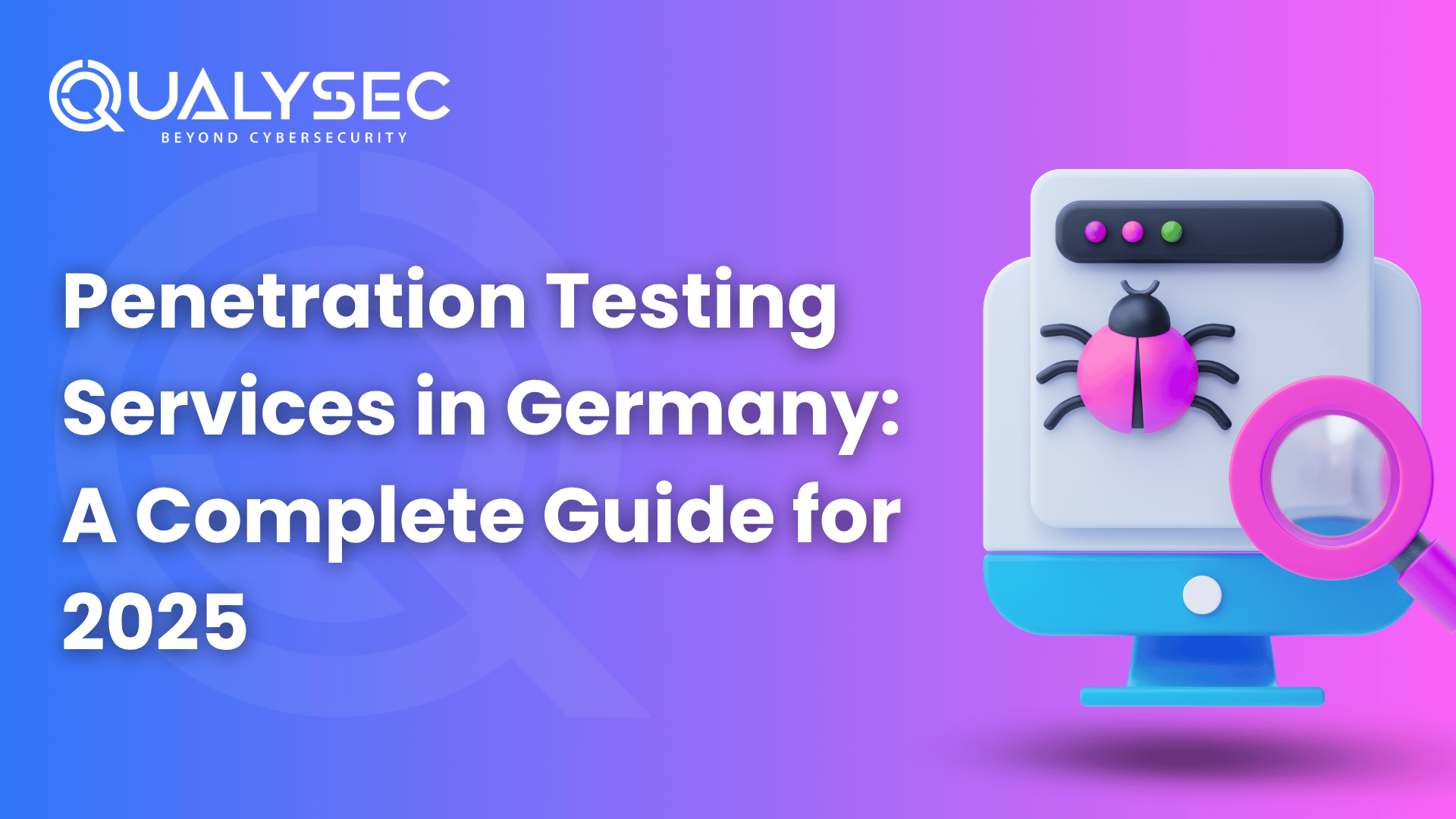
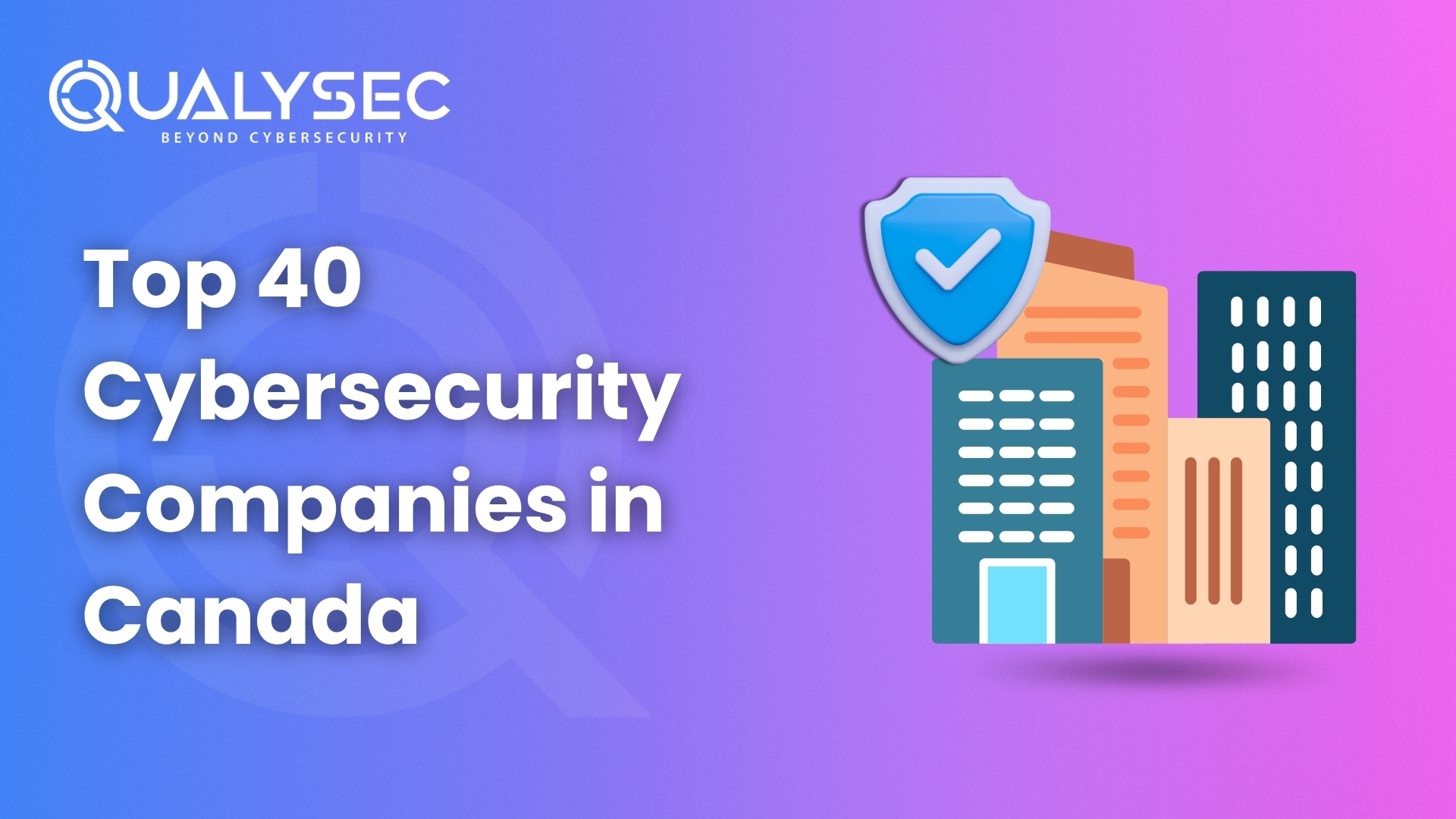
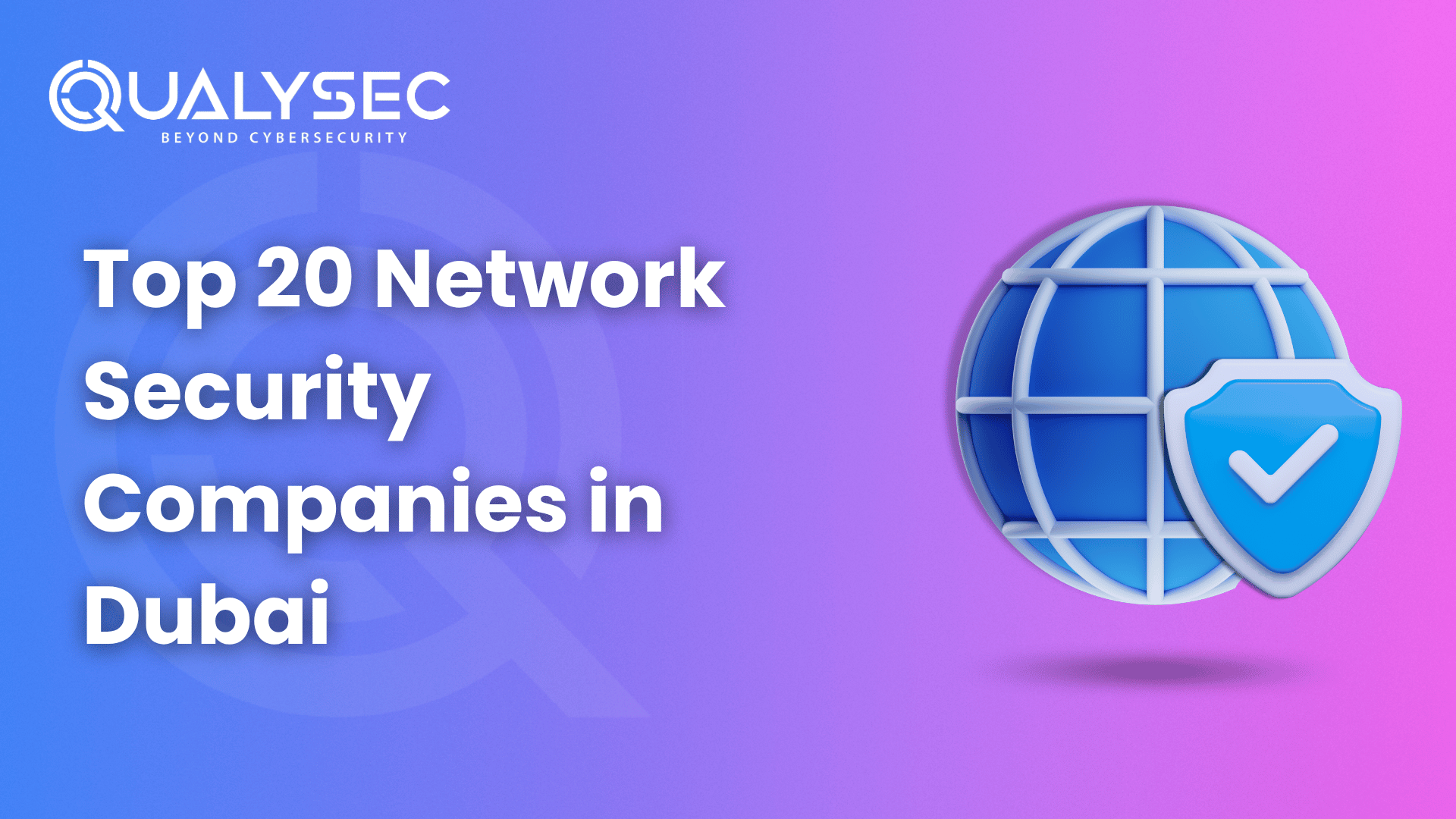
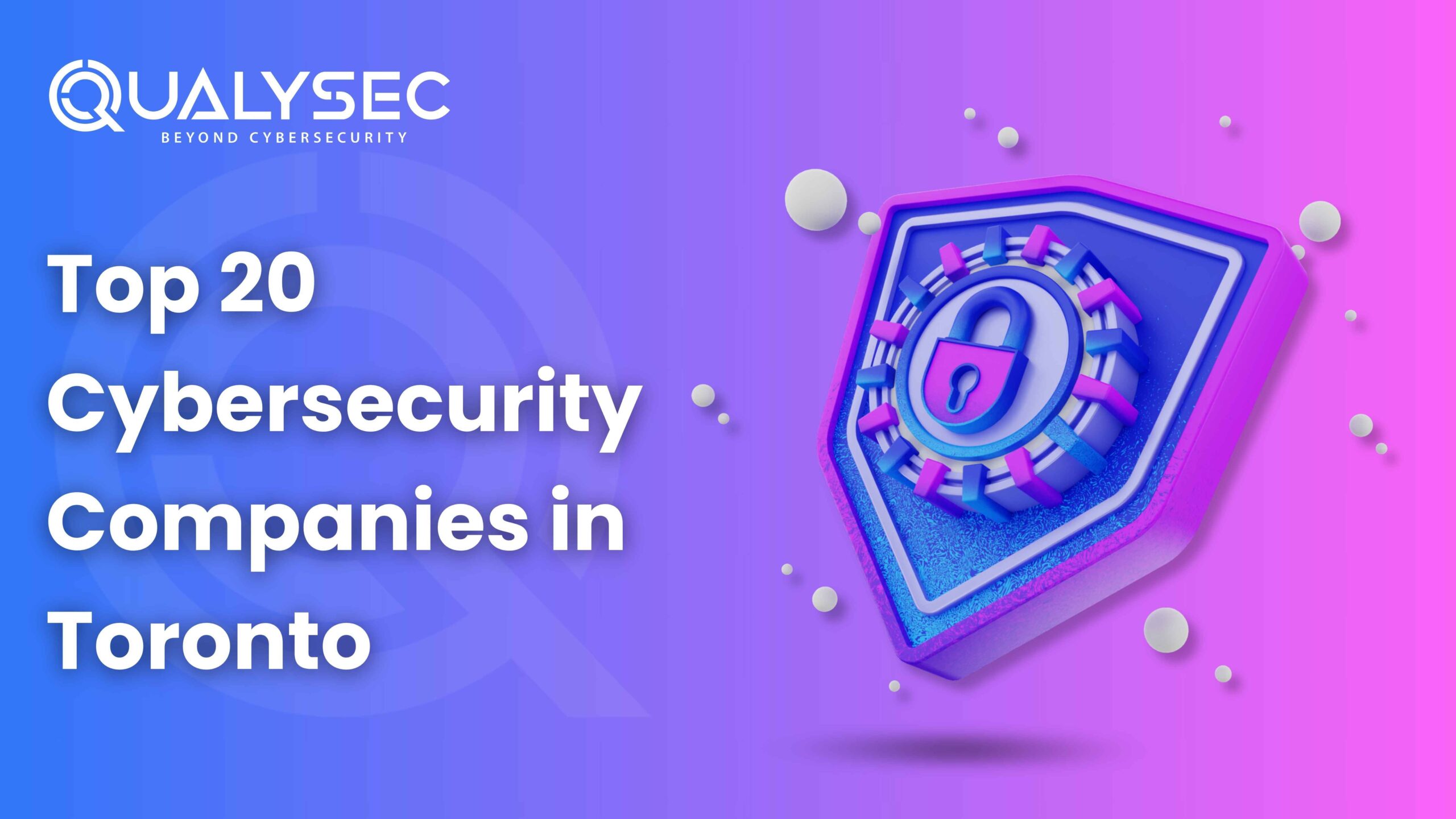
![Top 20 Network Security Companies in USA [2025 Updated List]](https://qualysec.com/wp-content/uploads/2025/05/Top-20-Network-Security-Companies-in-USA-2025-Updated-List-scaled.jpg)
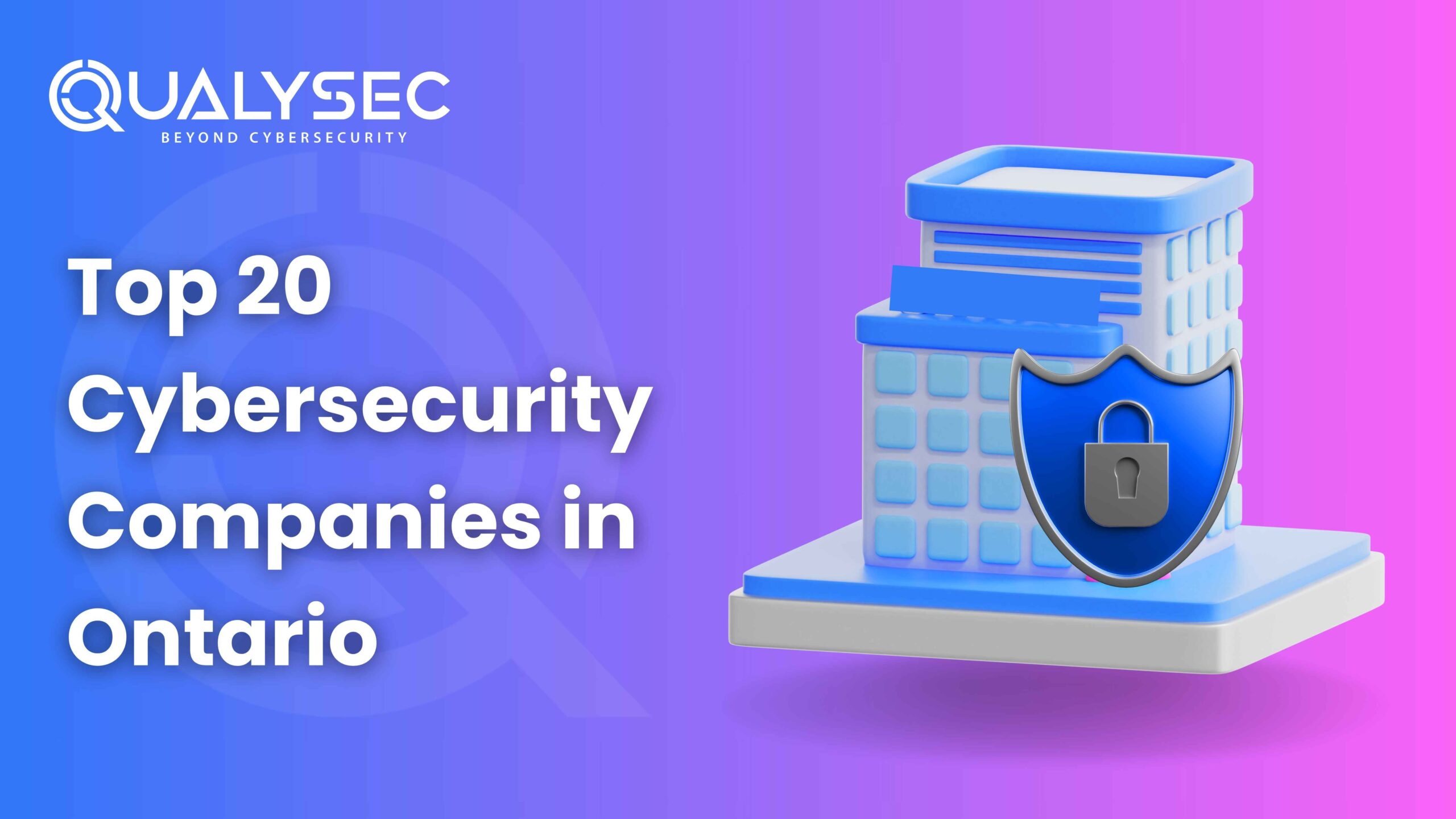
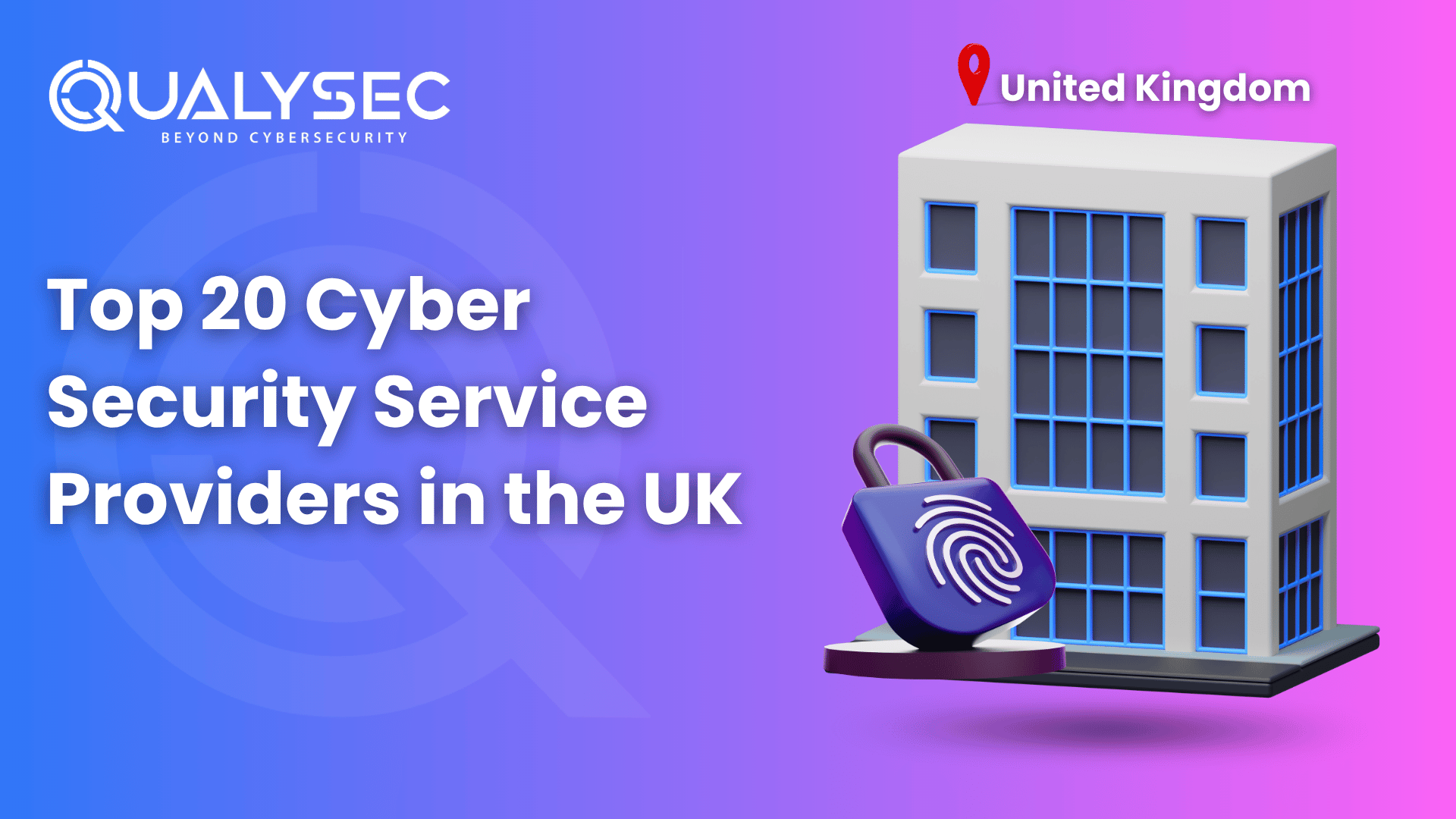
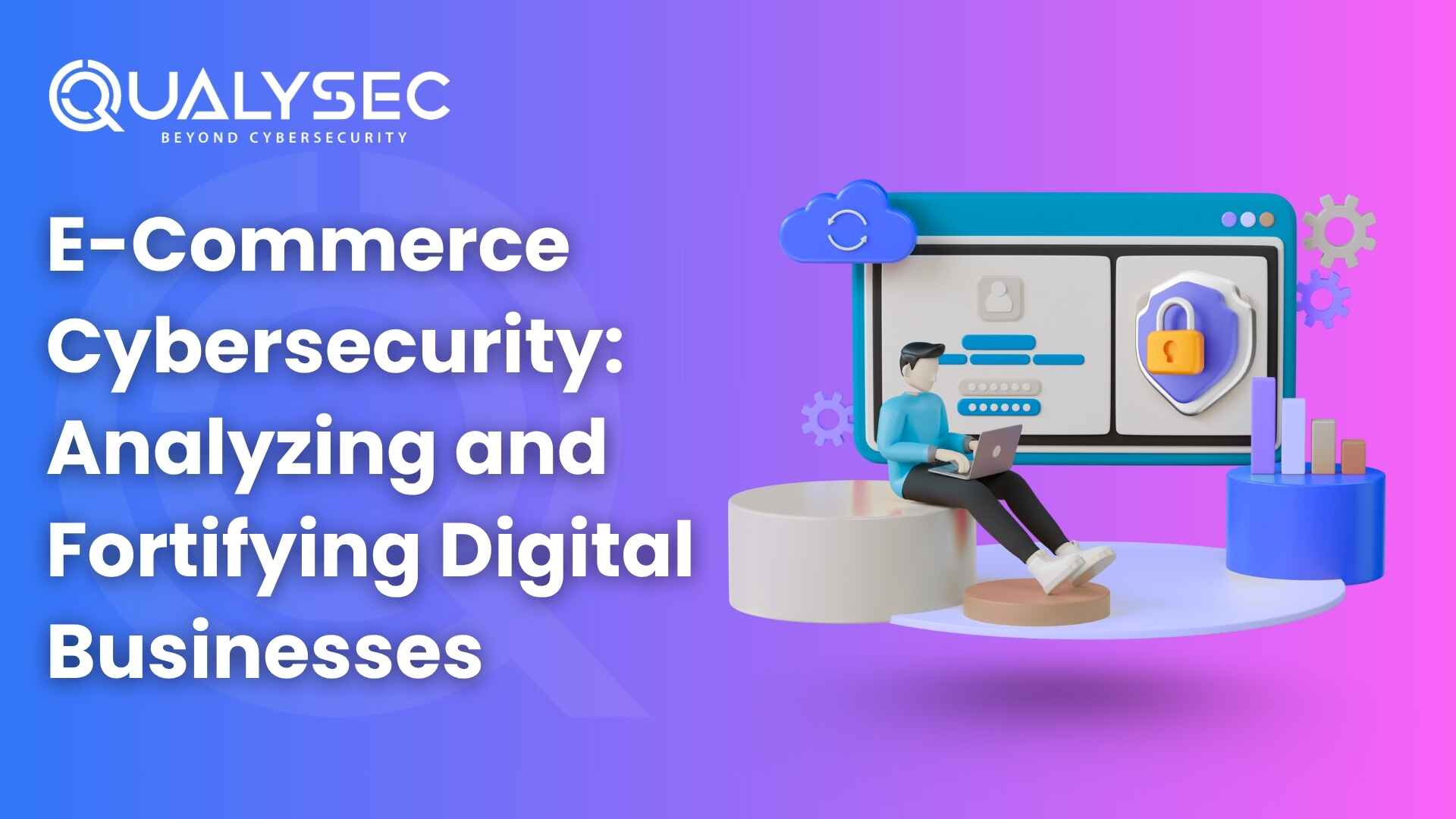
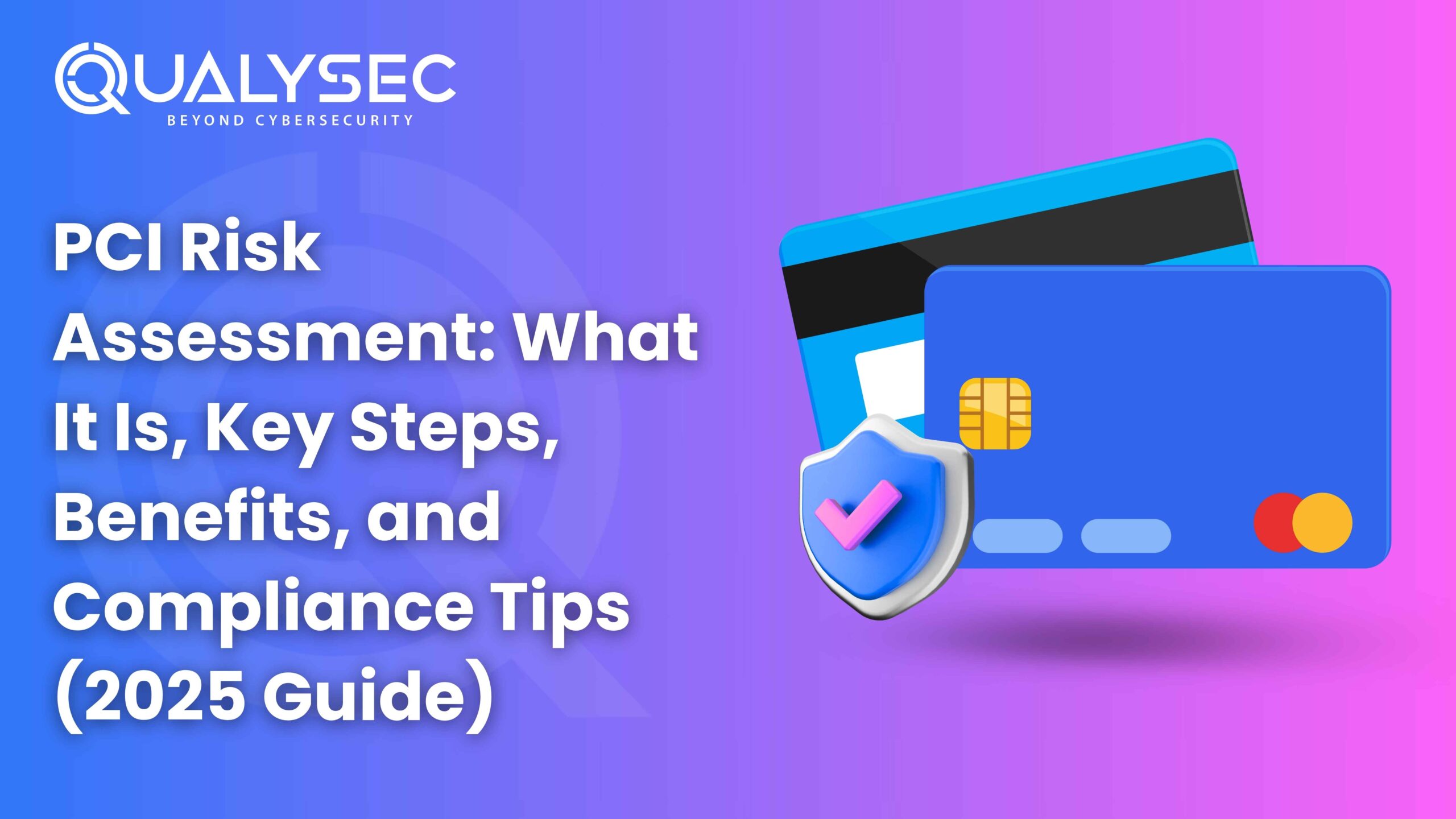
































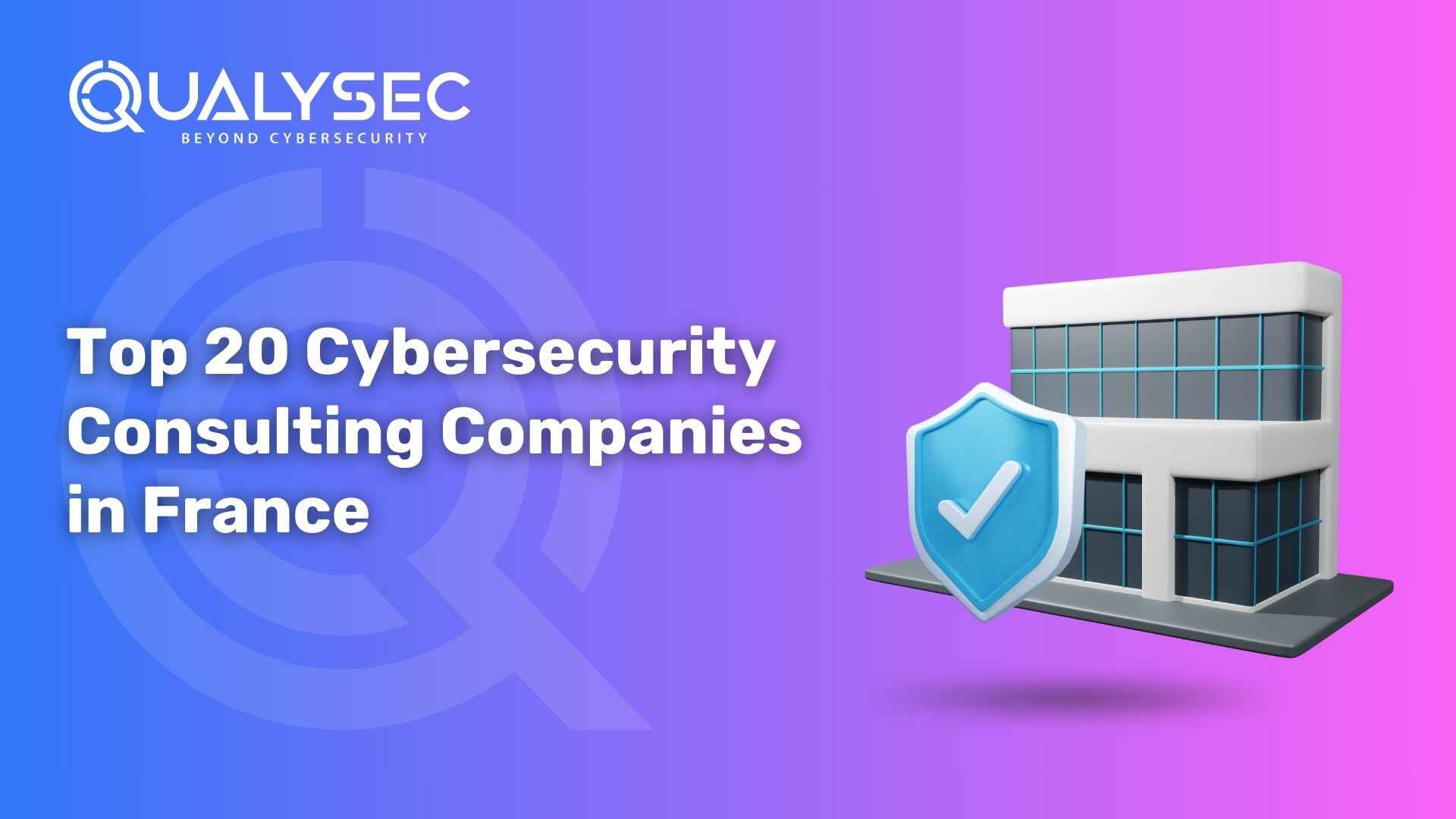












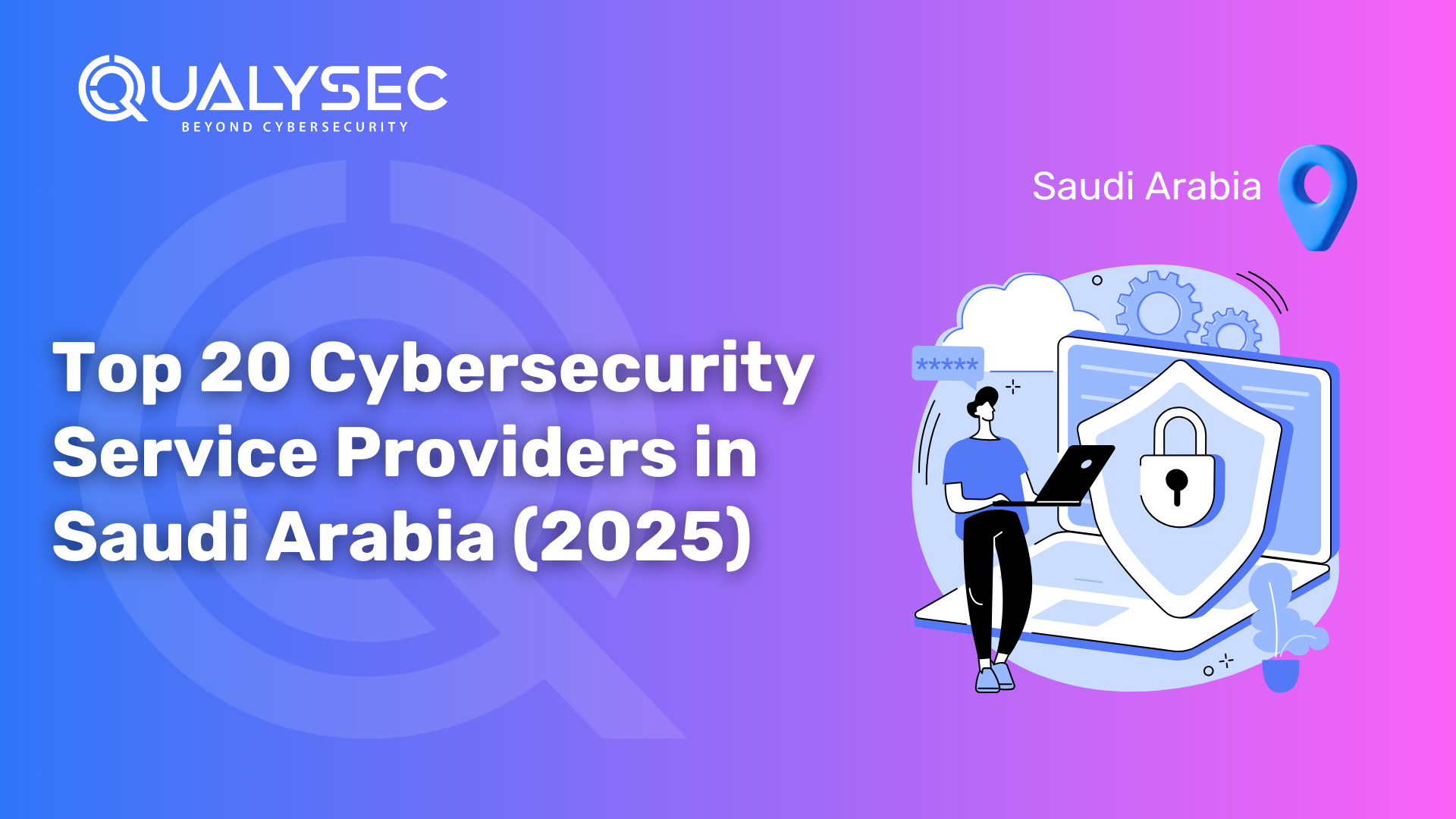
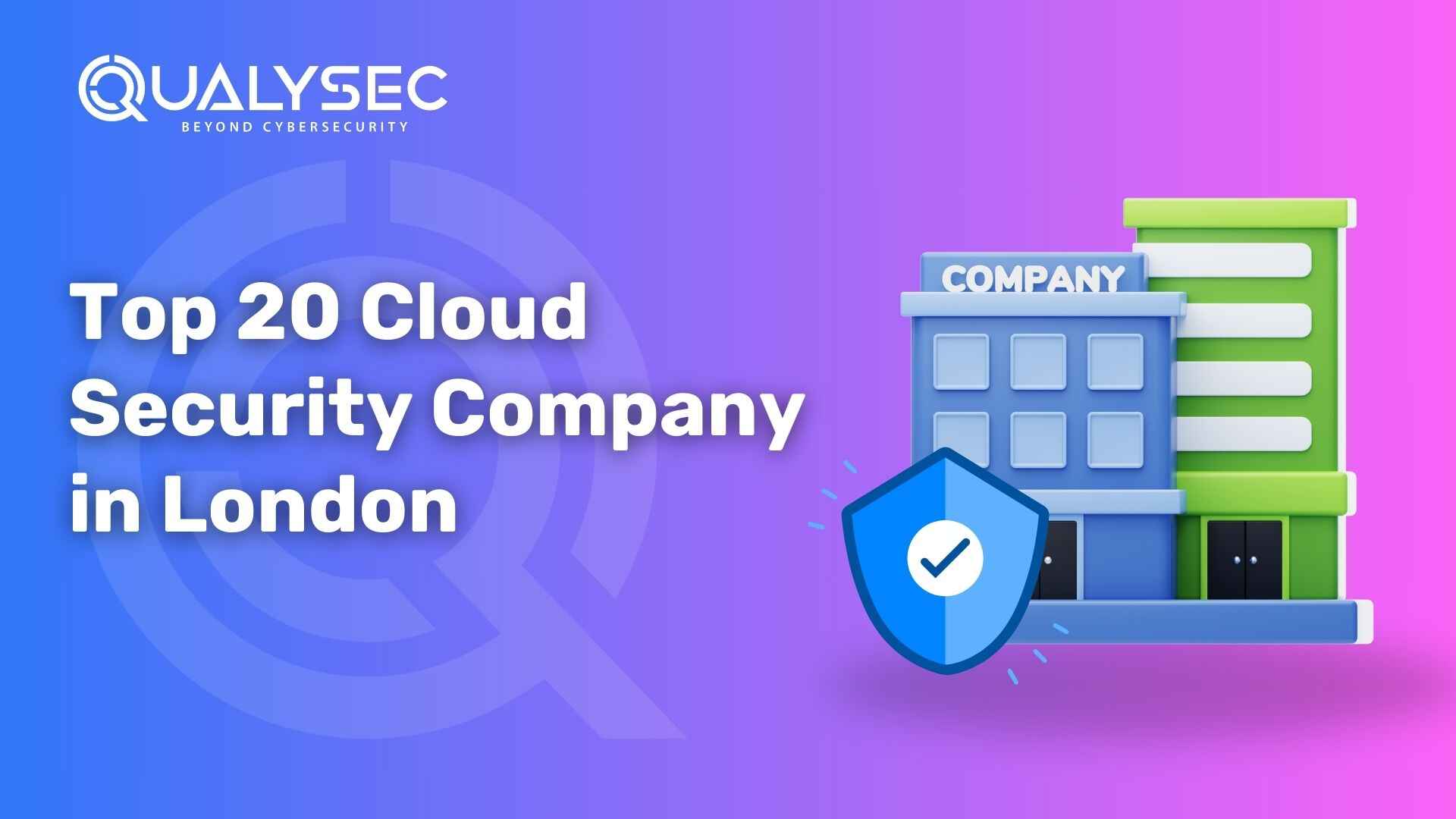









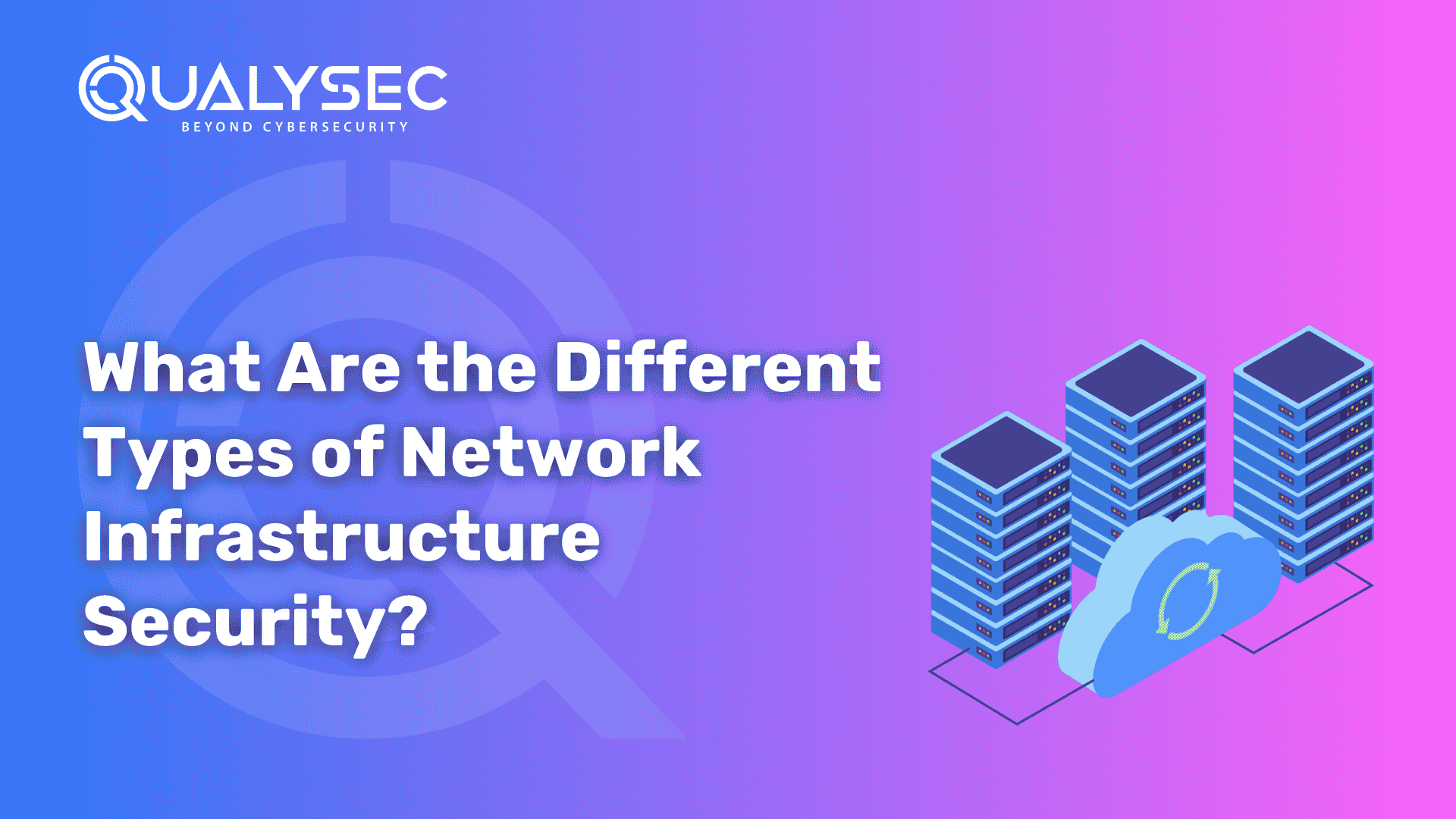








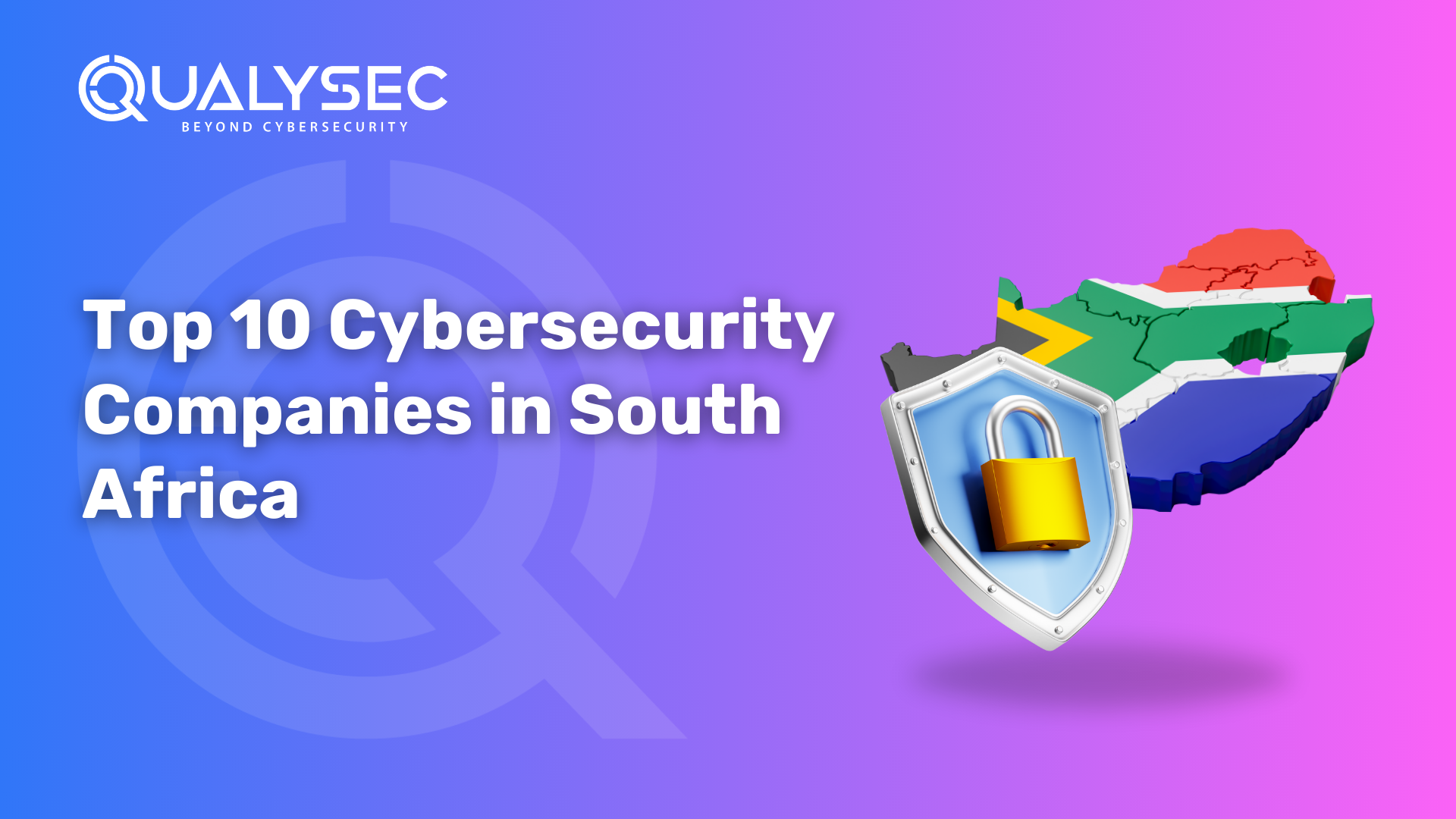







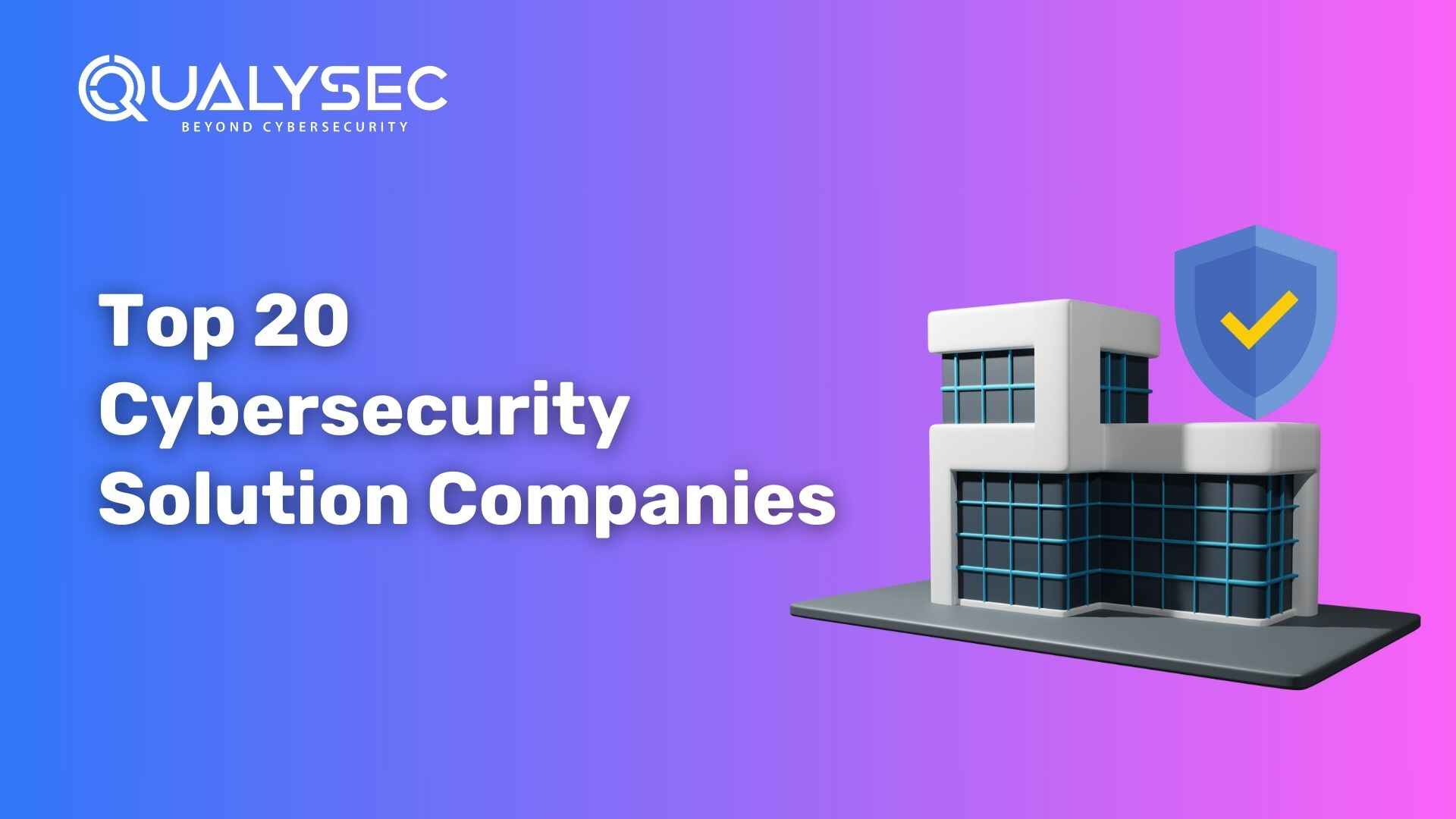























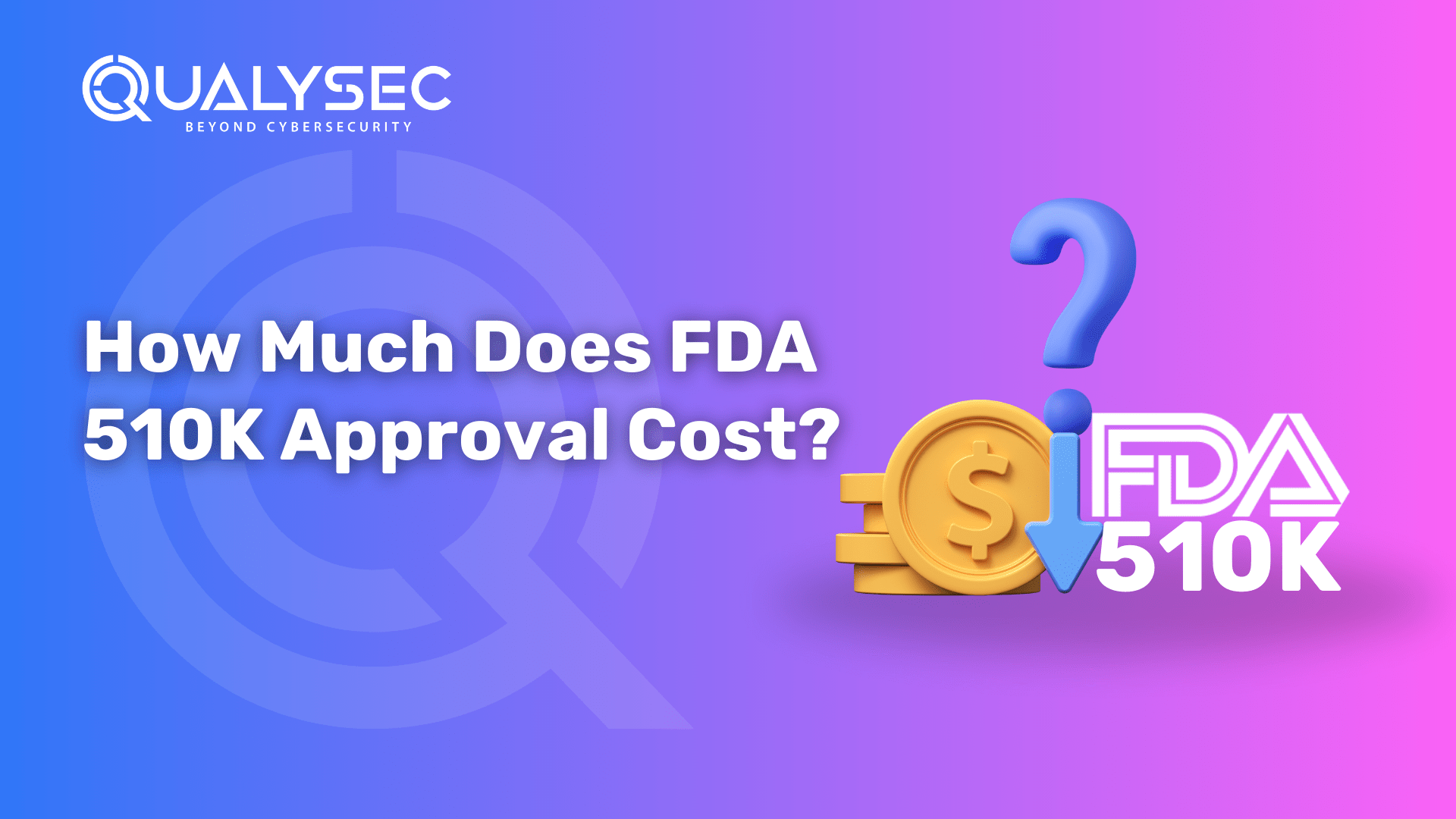
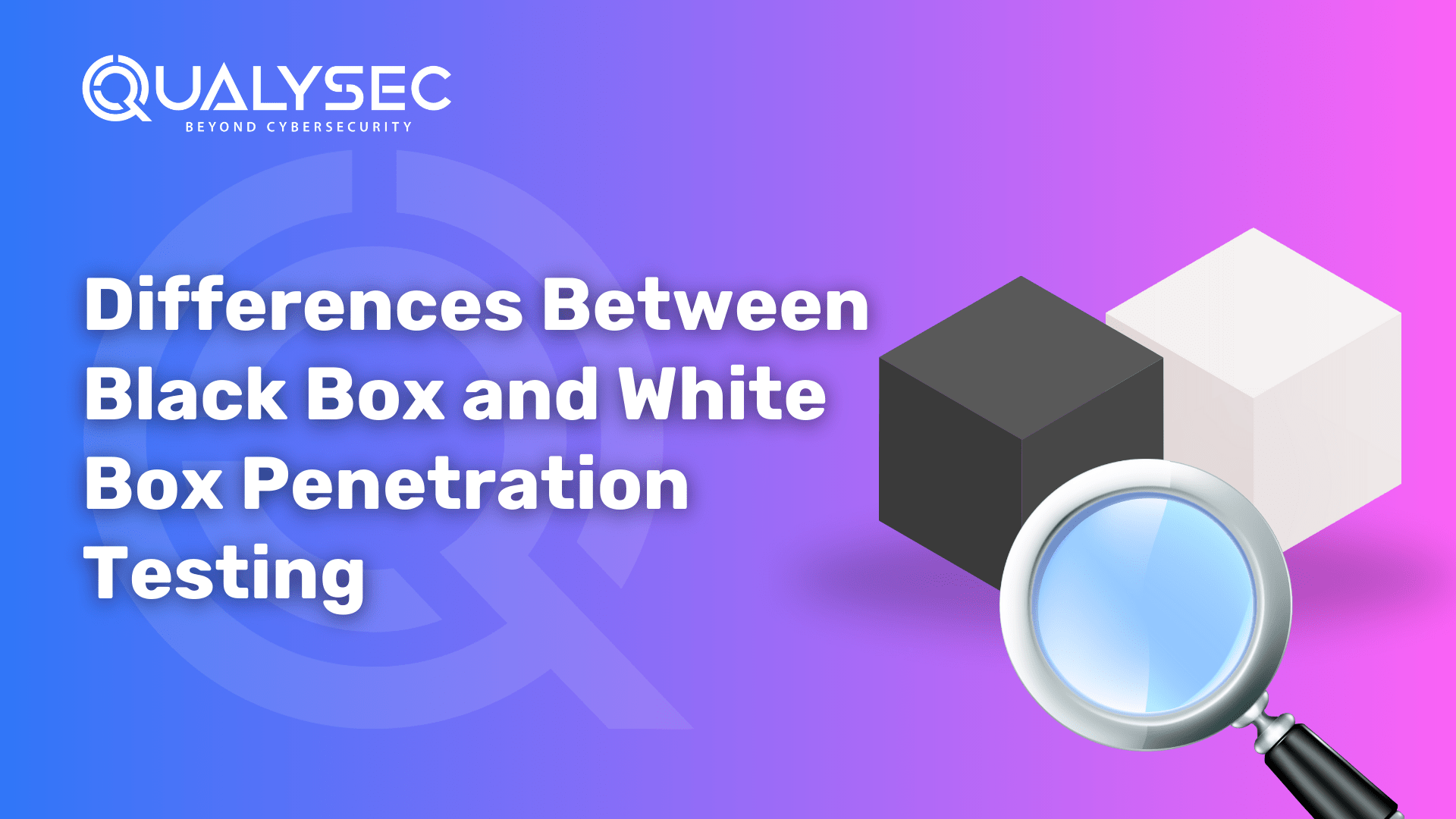











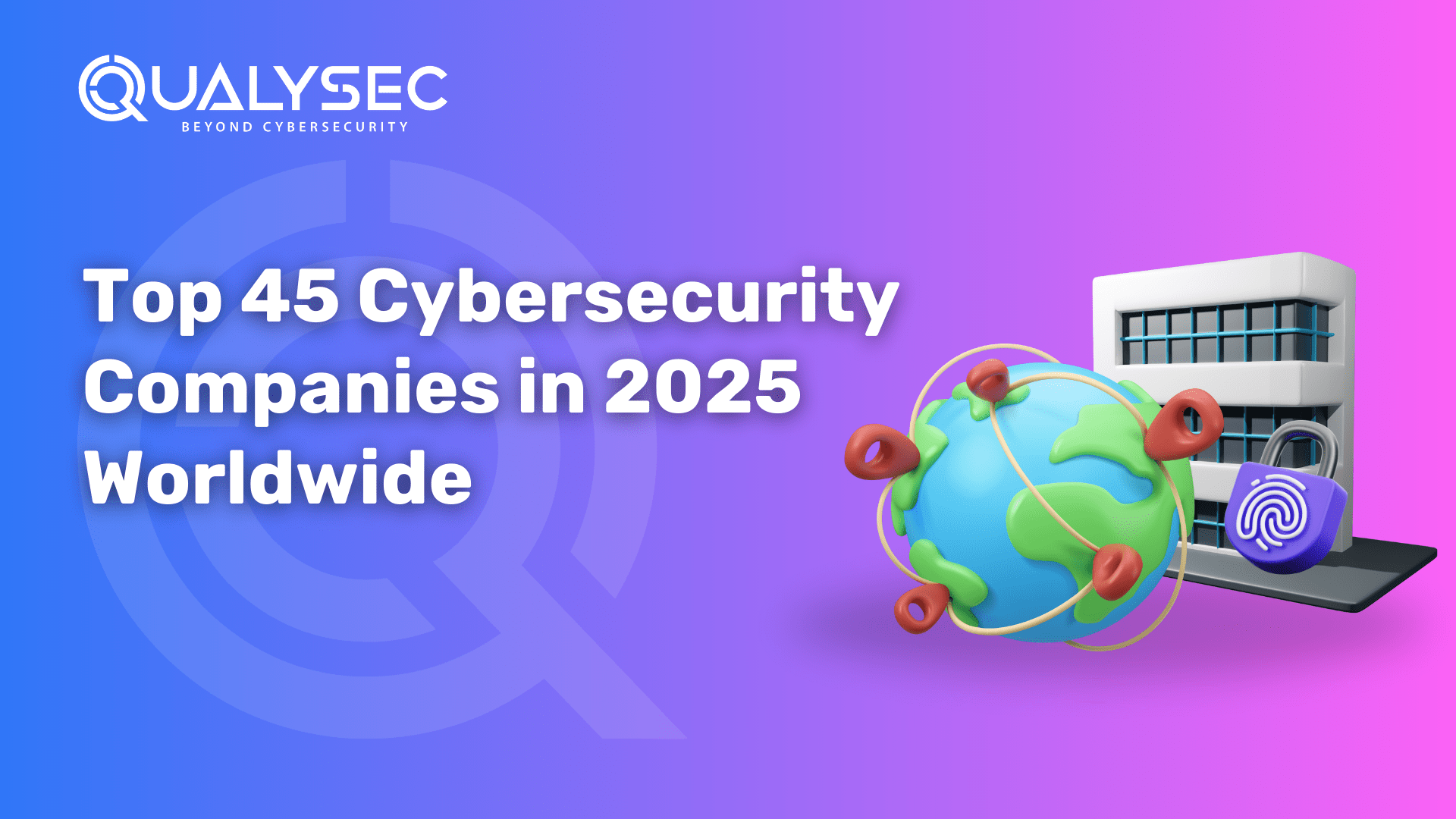












































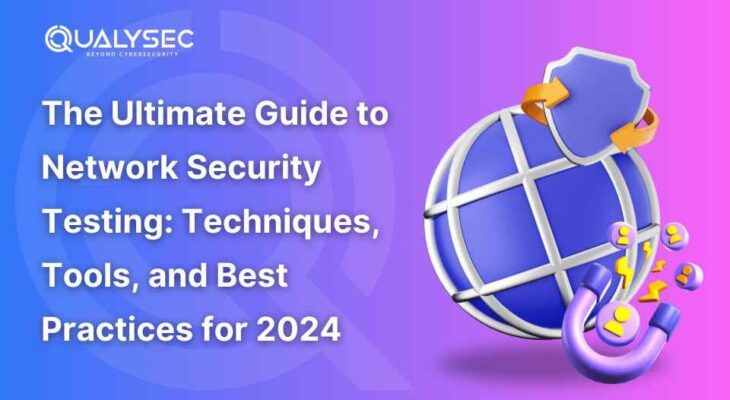






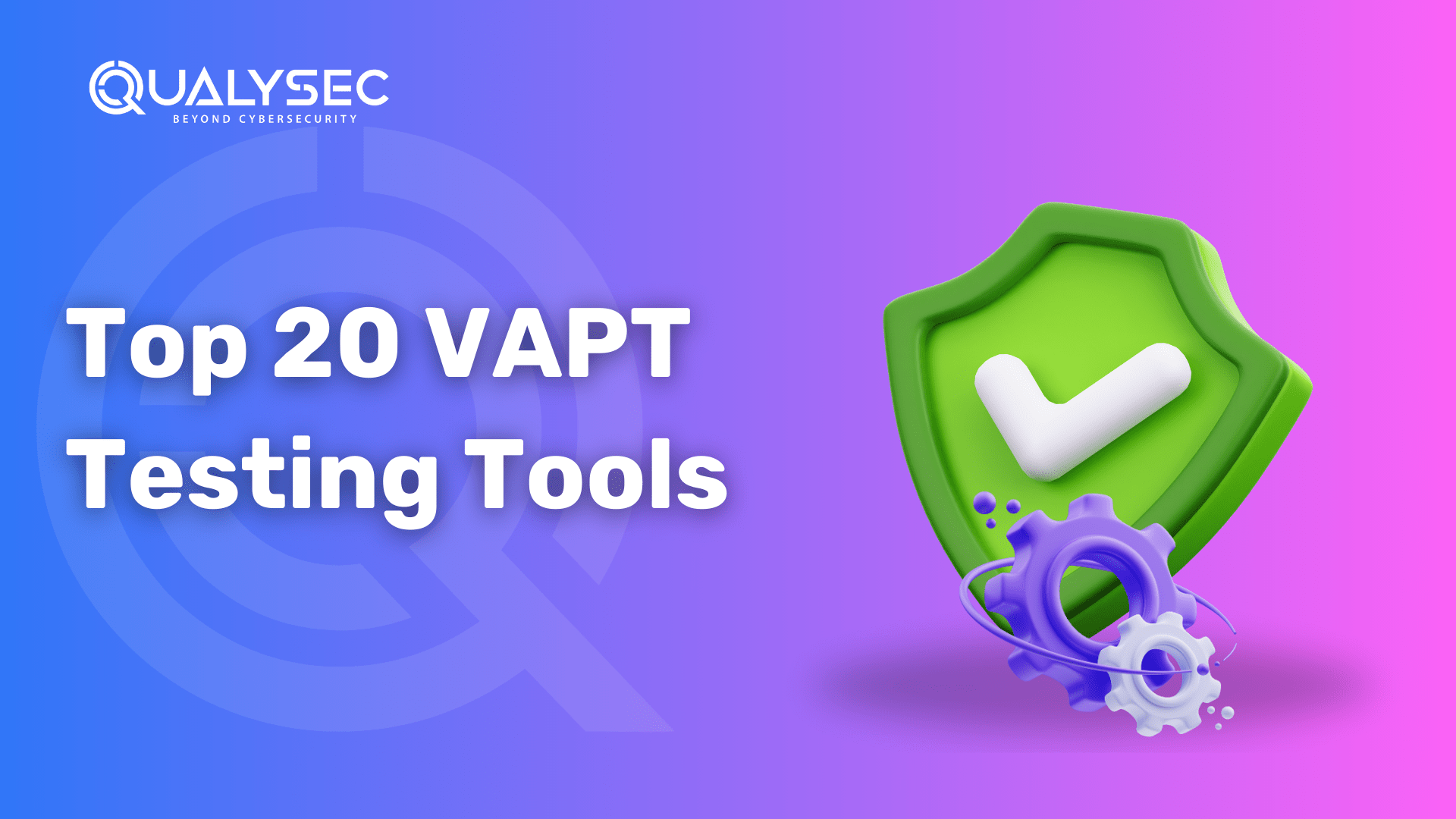


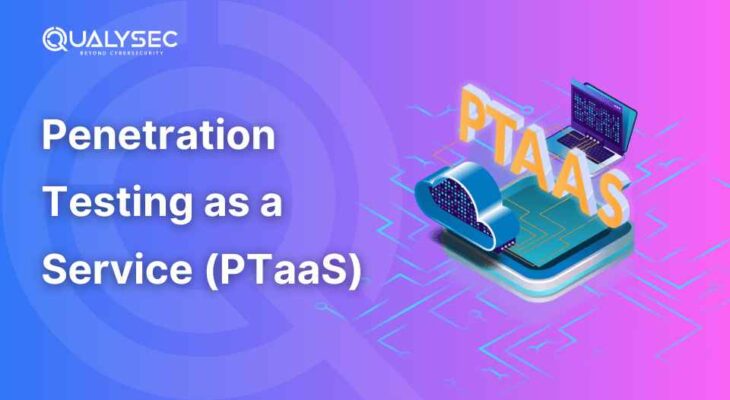

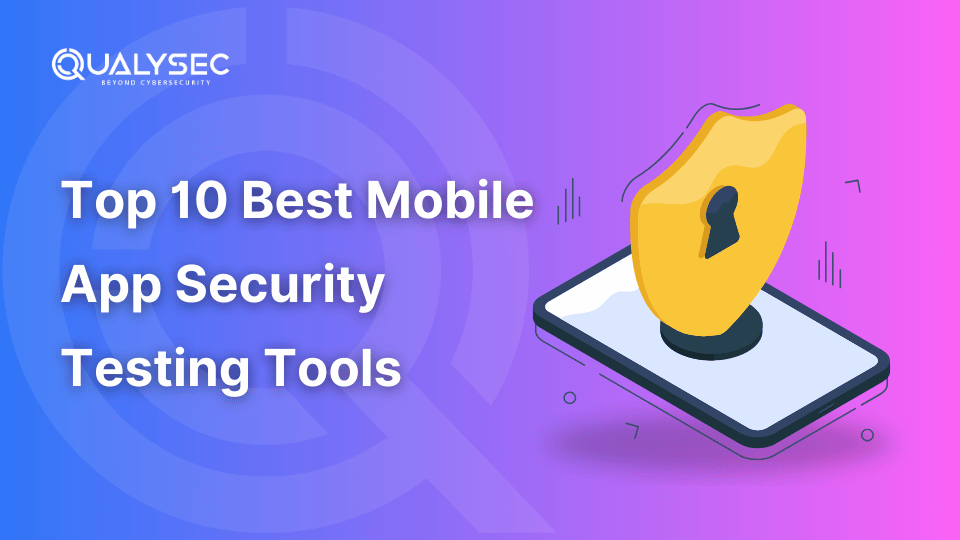


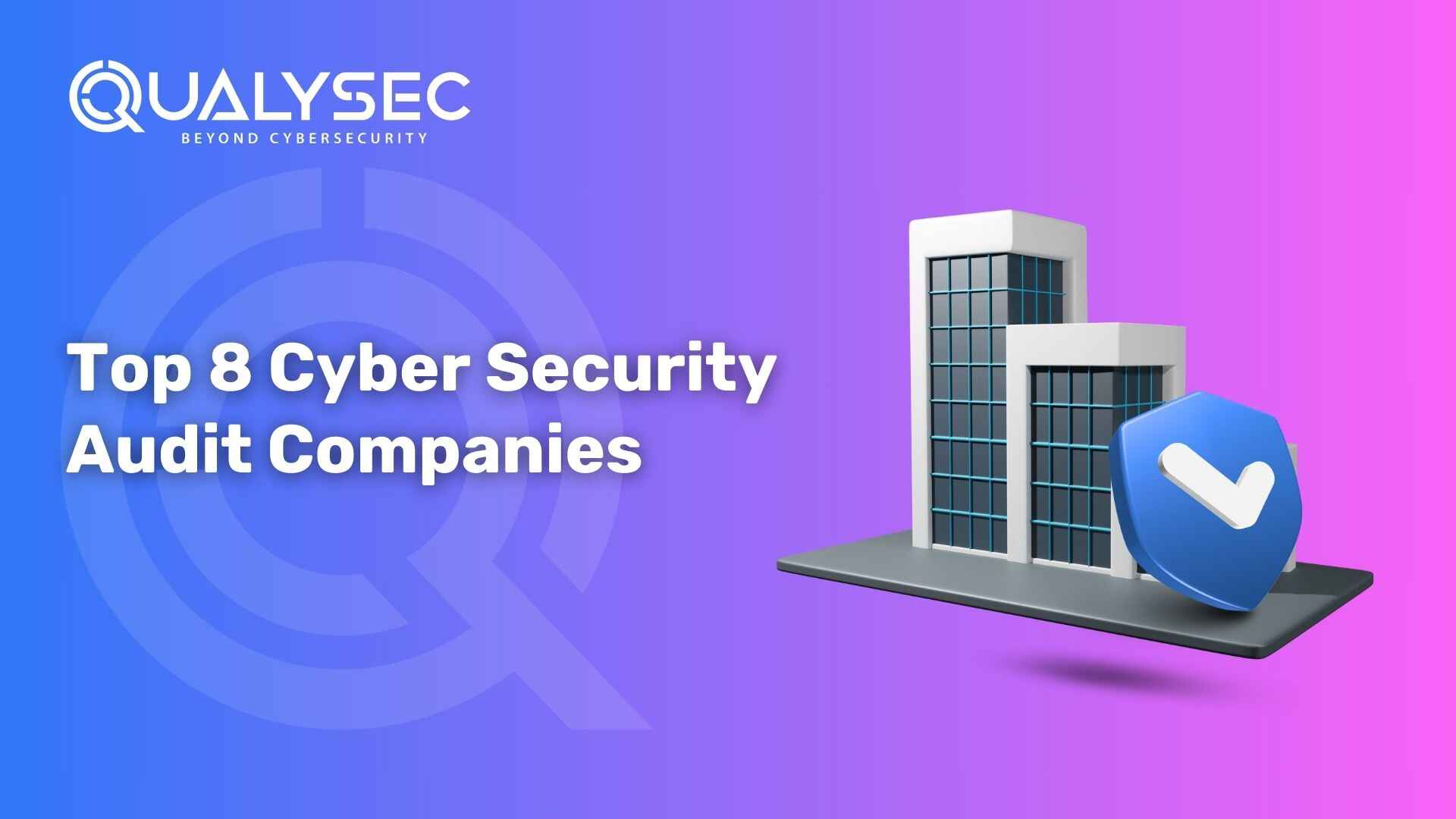
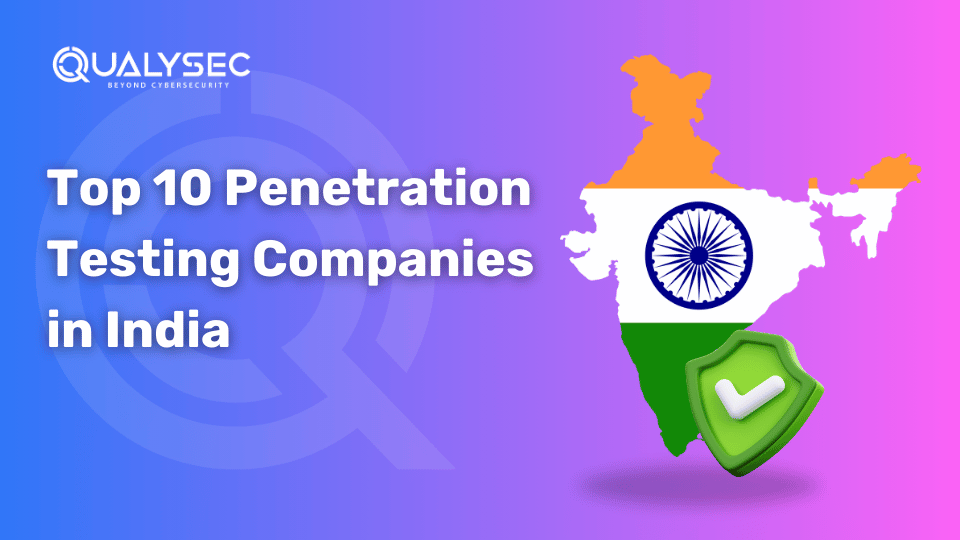






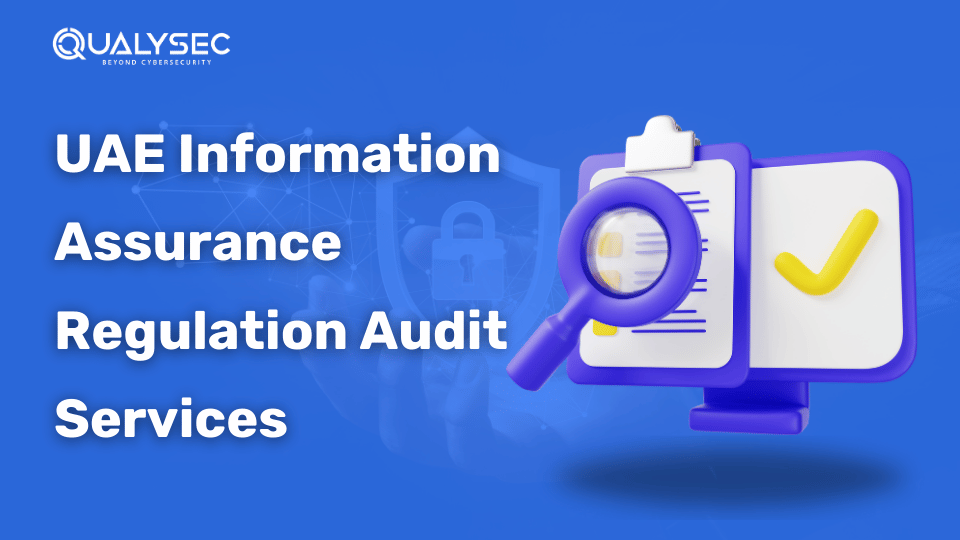










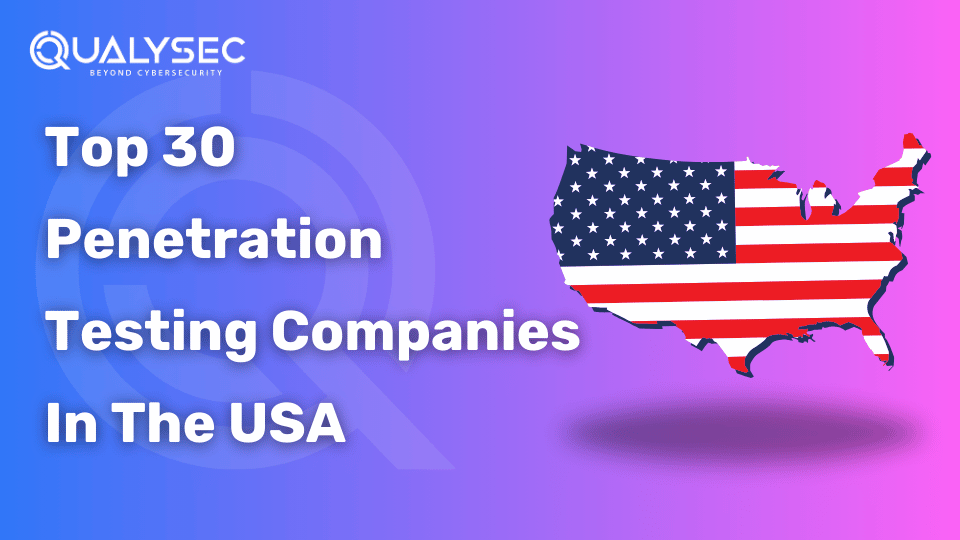
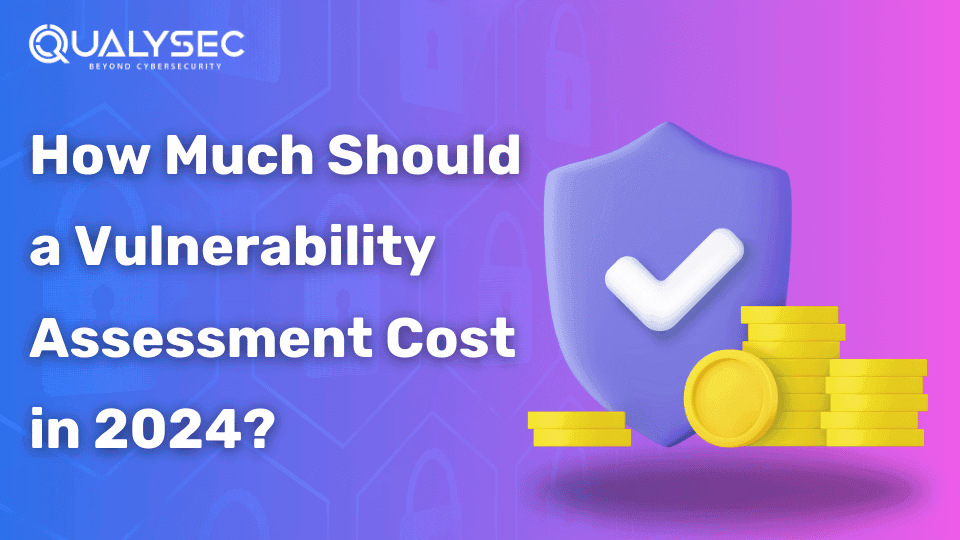








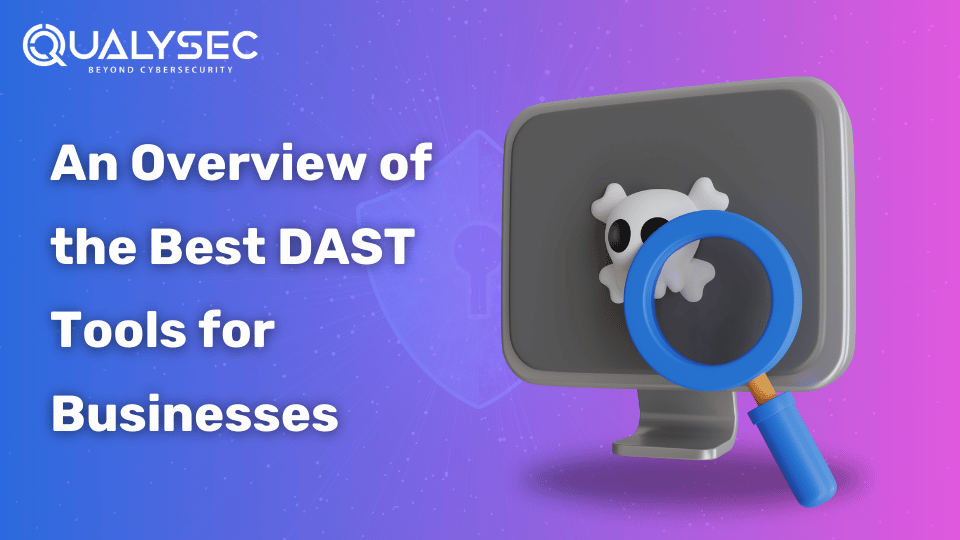










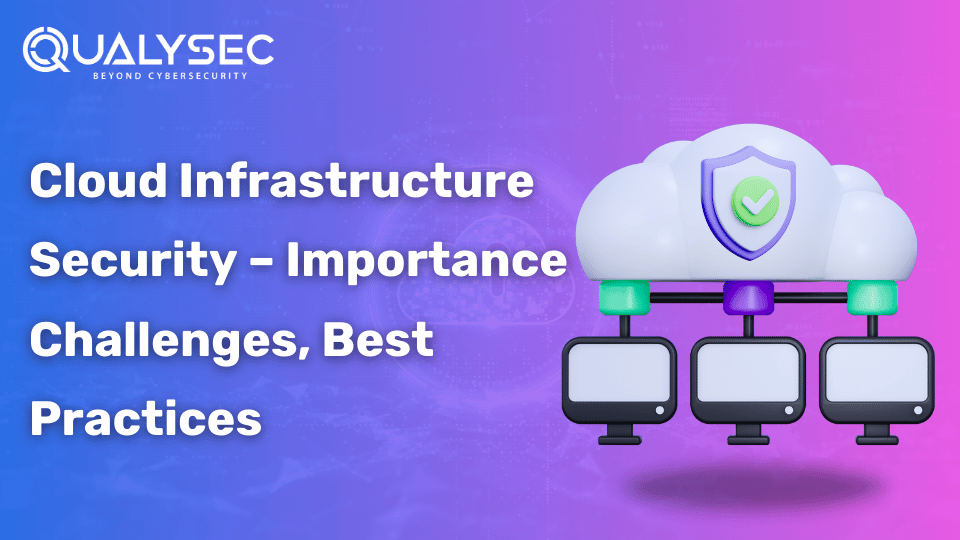

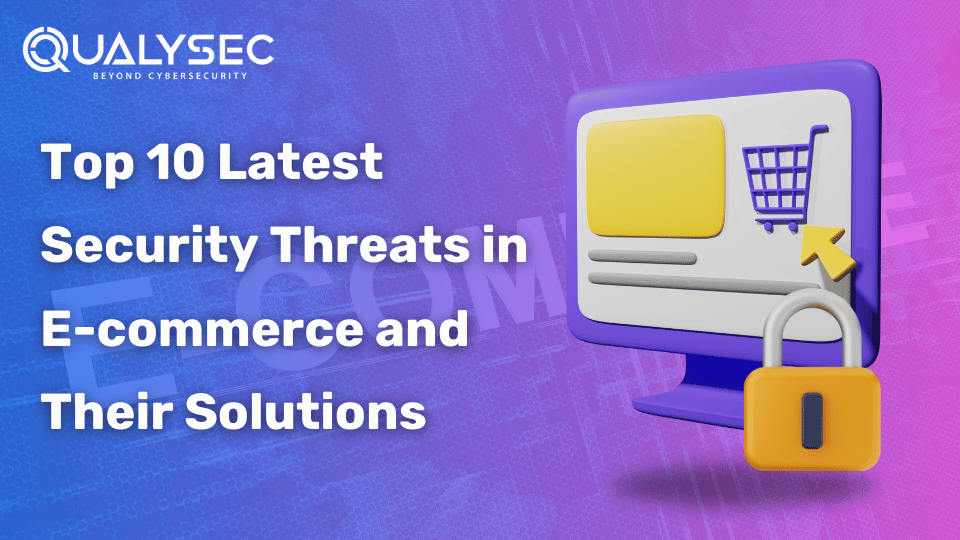
















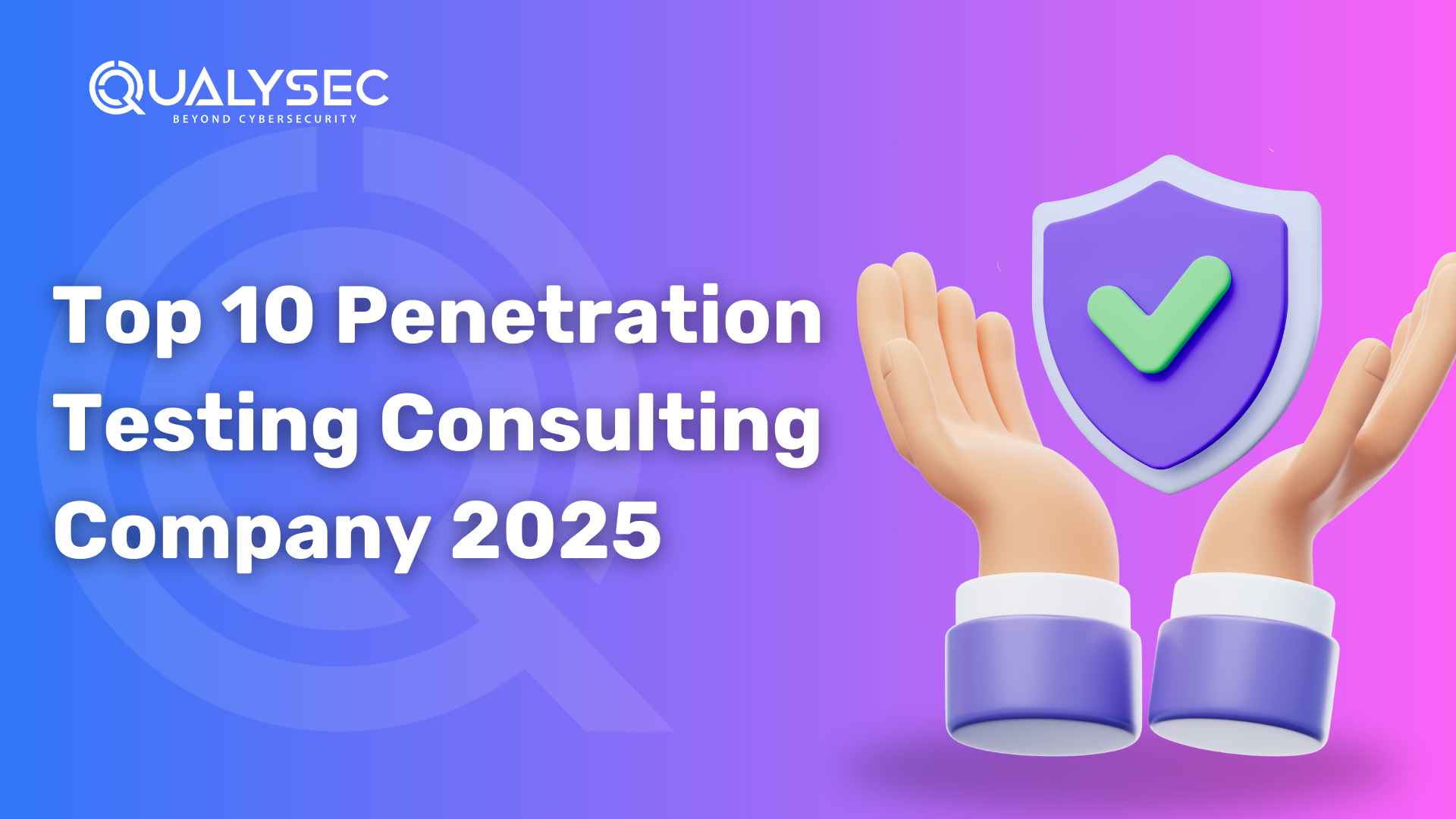
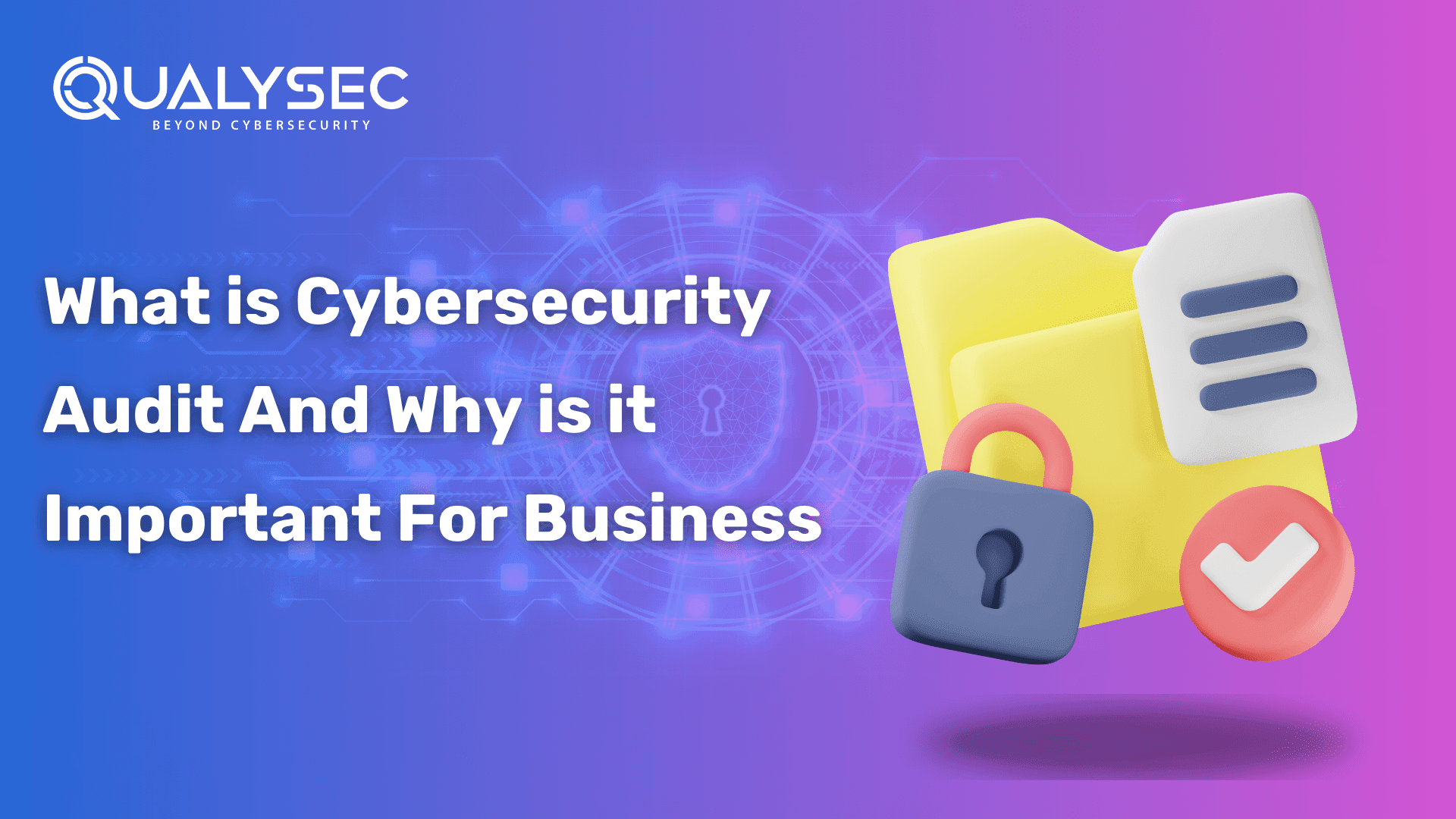
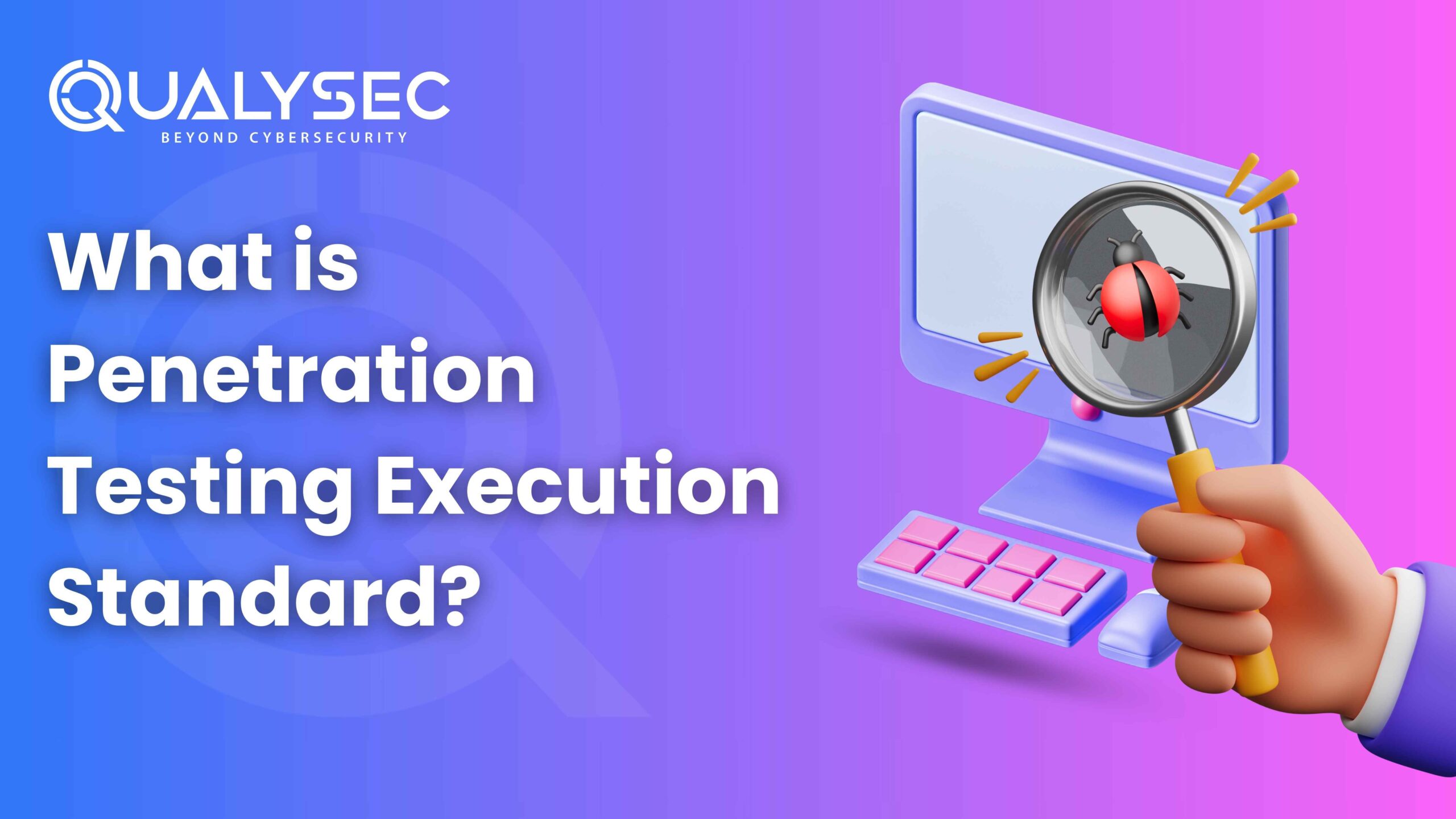





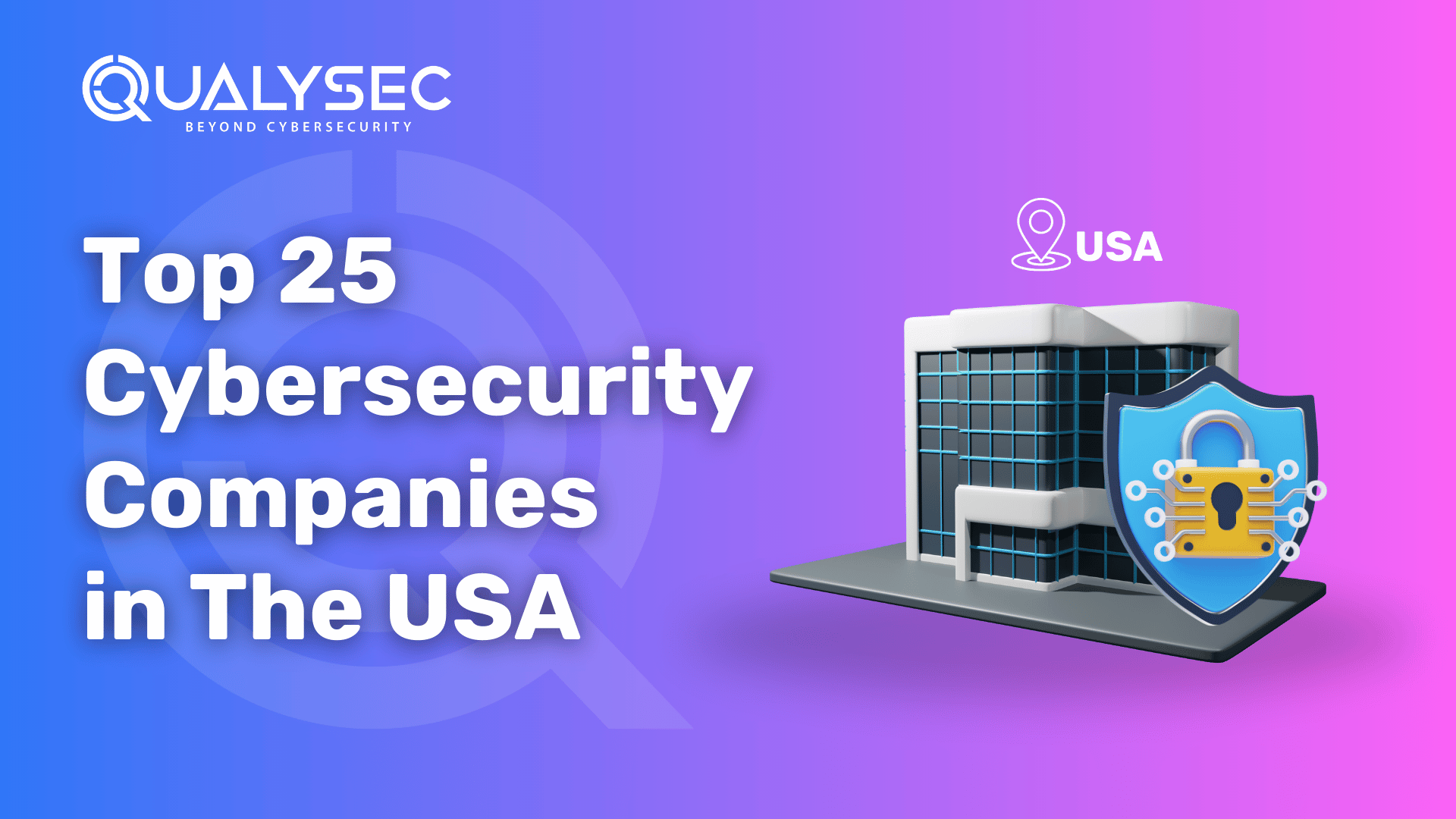
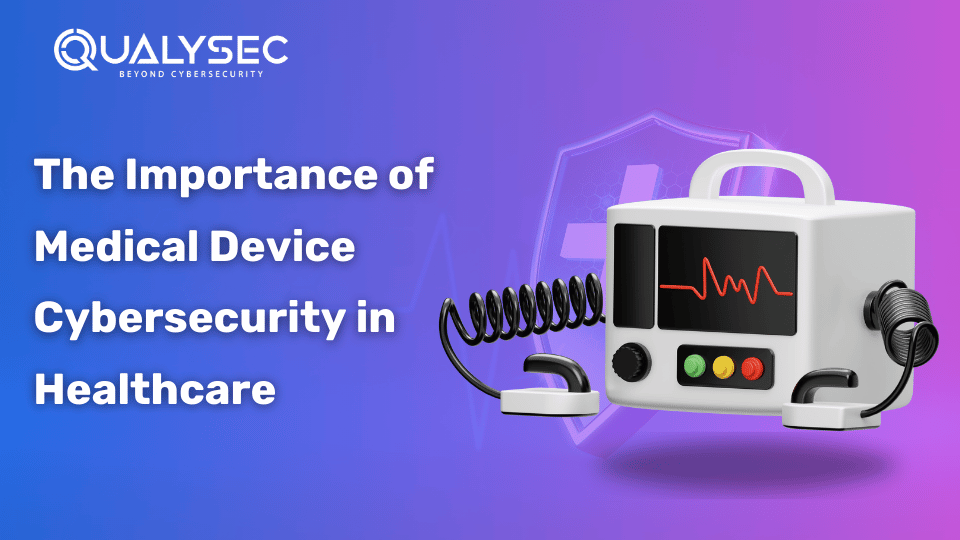




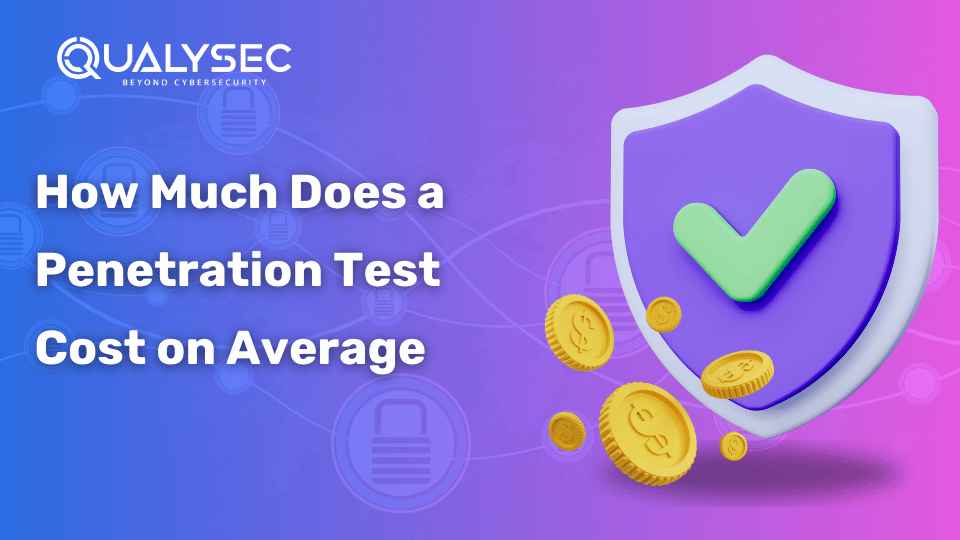



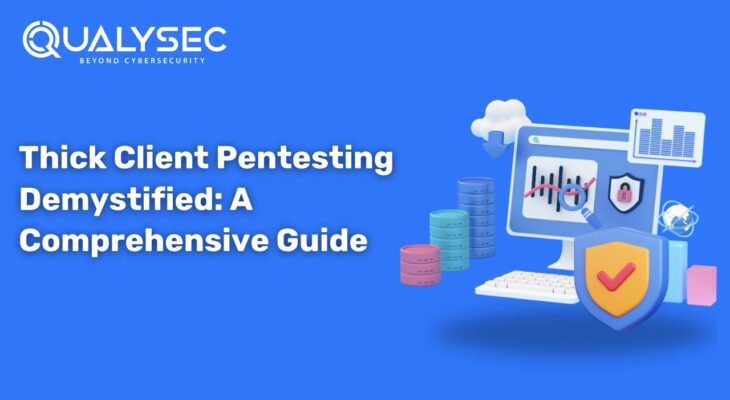




































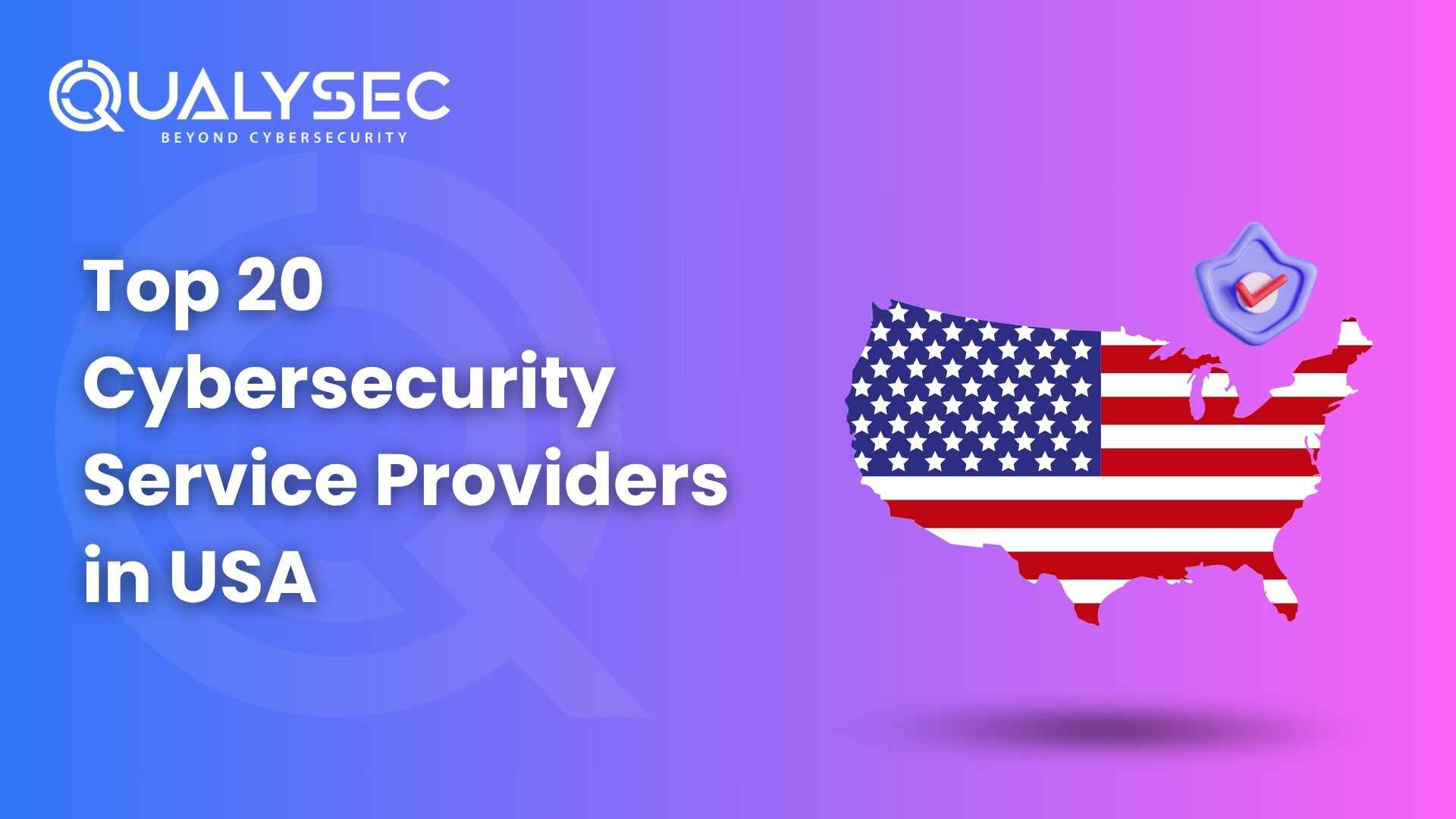













































































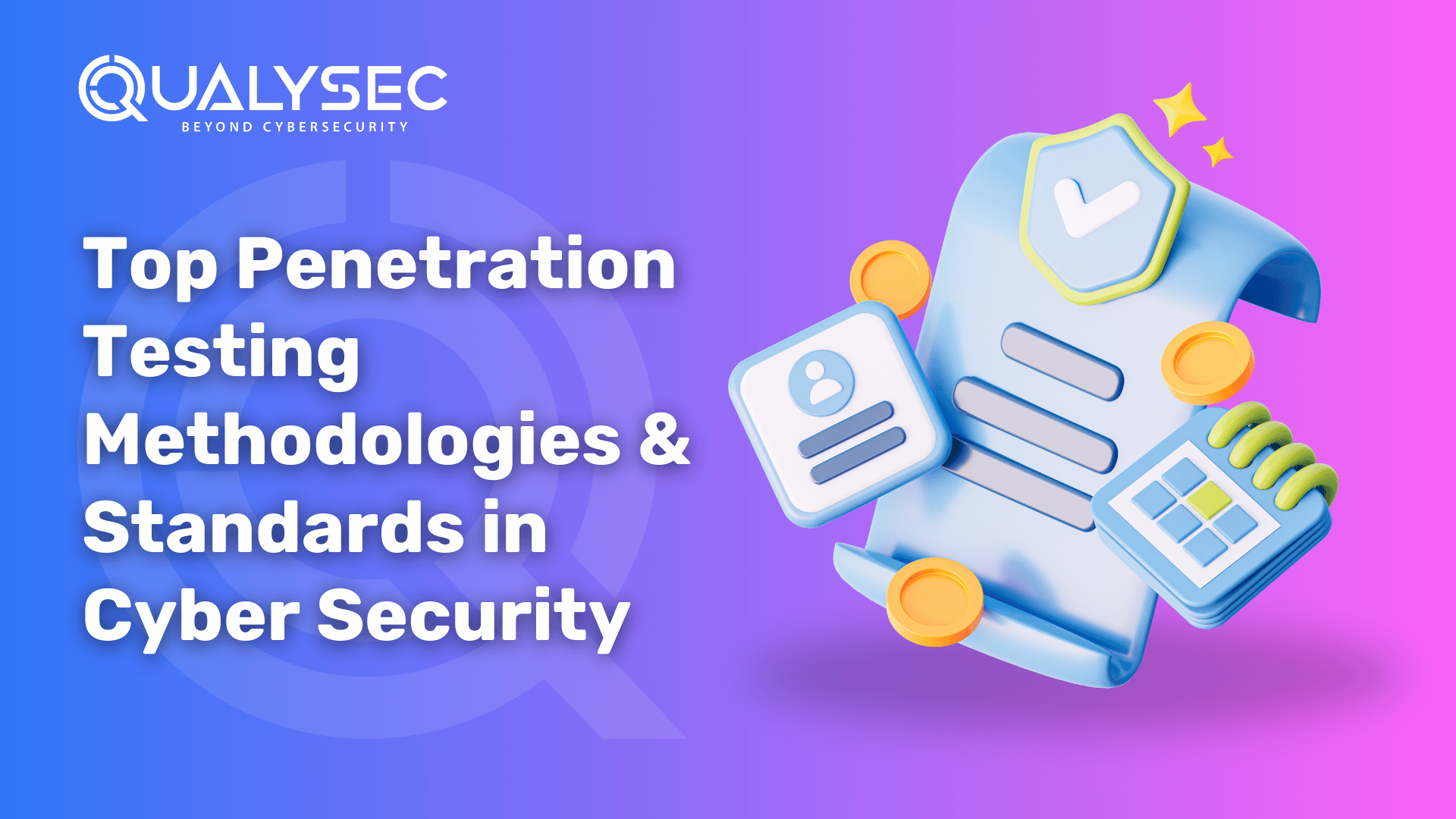











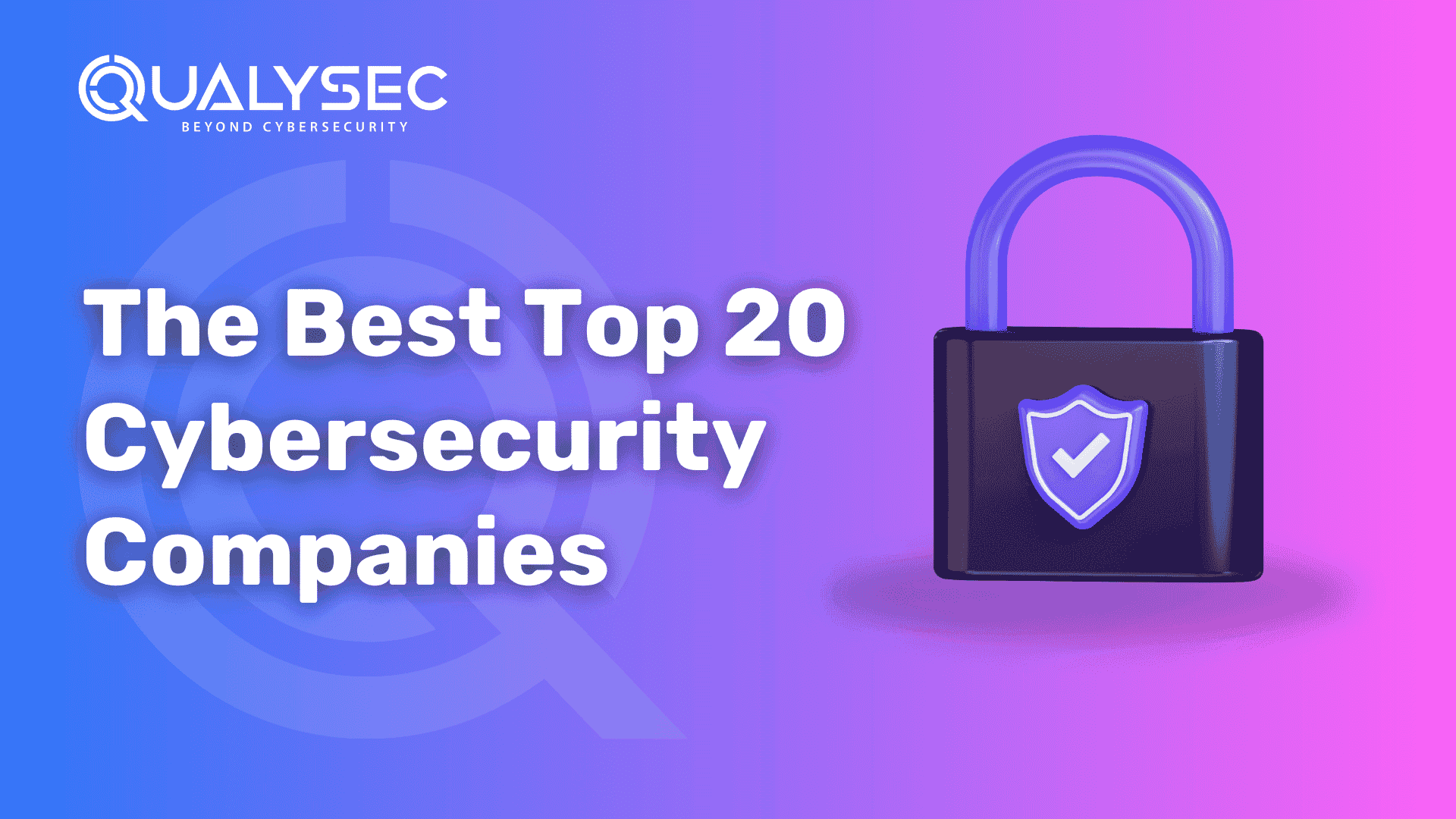
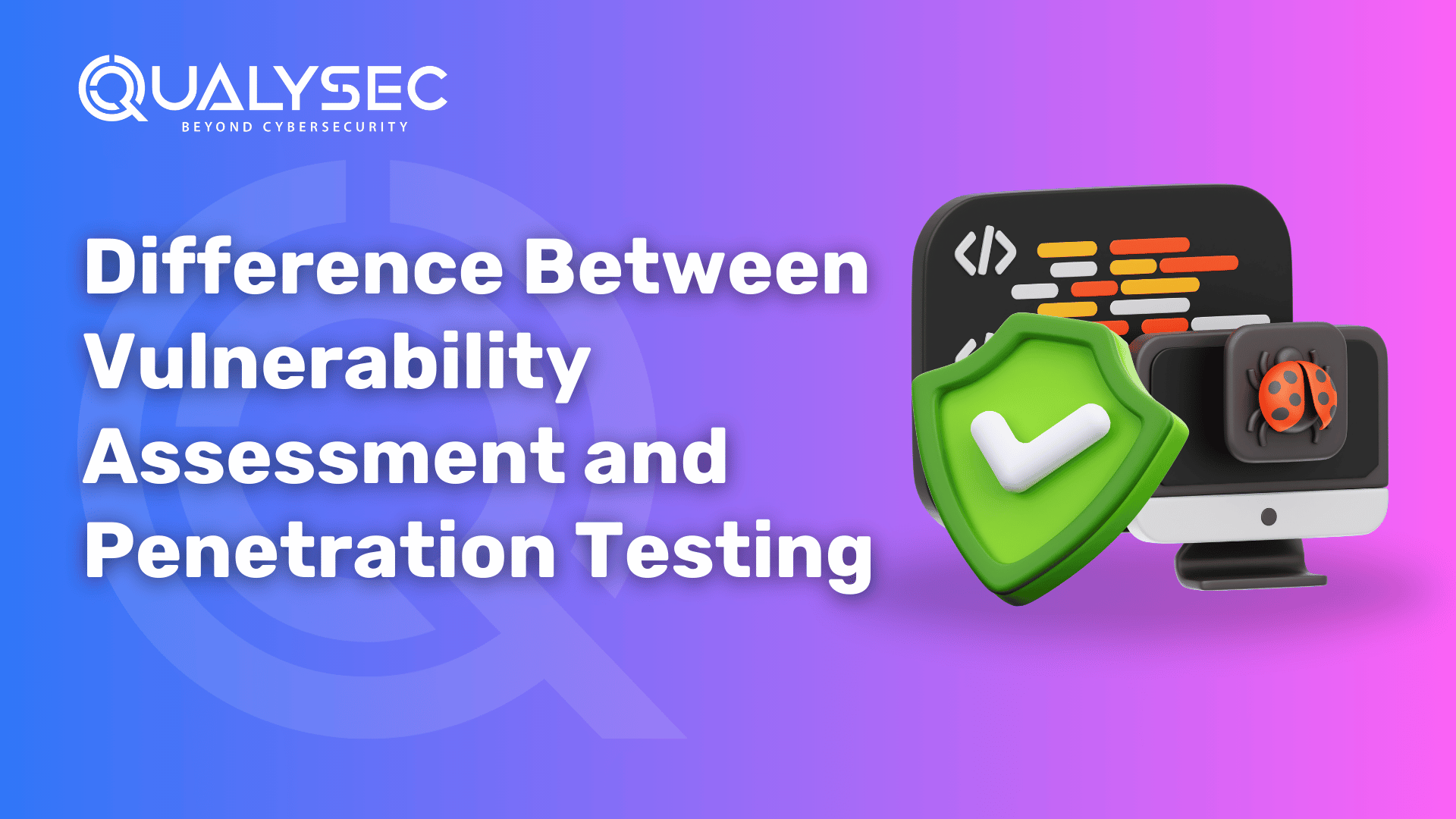


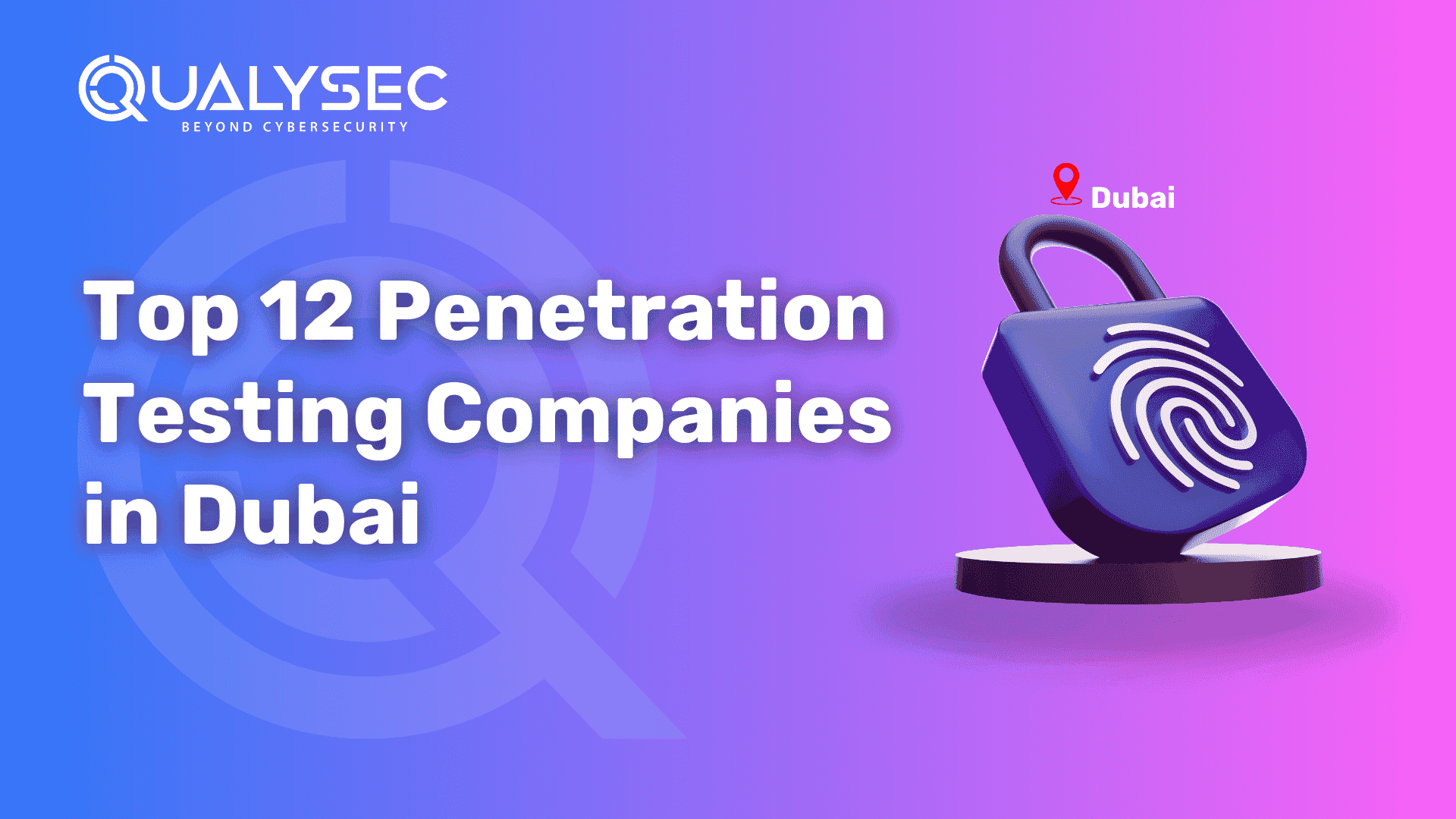
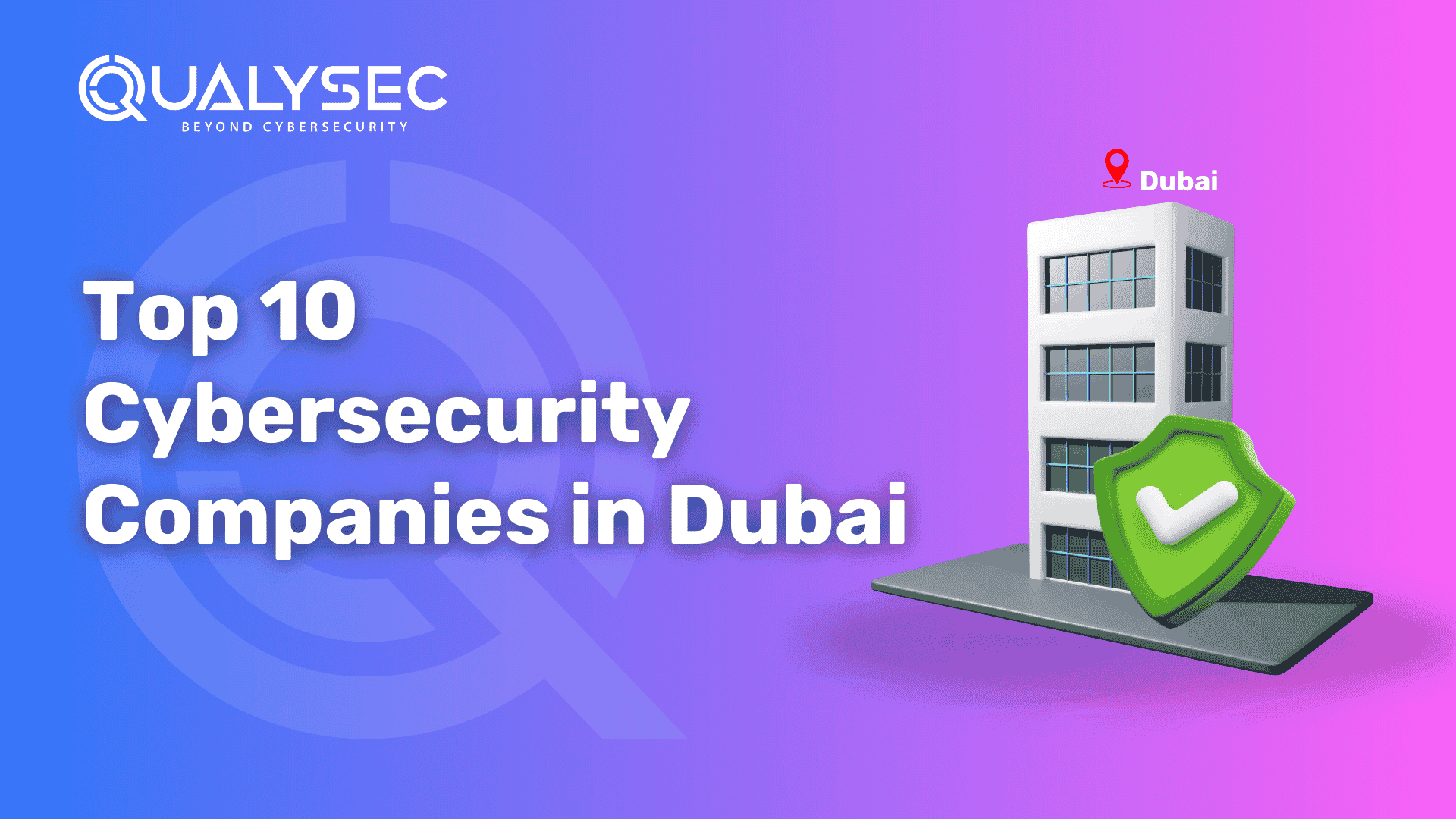

















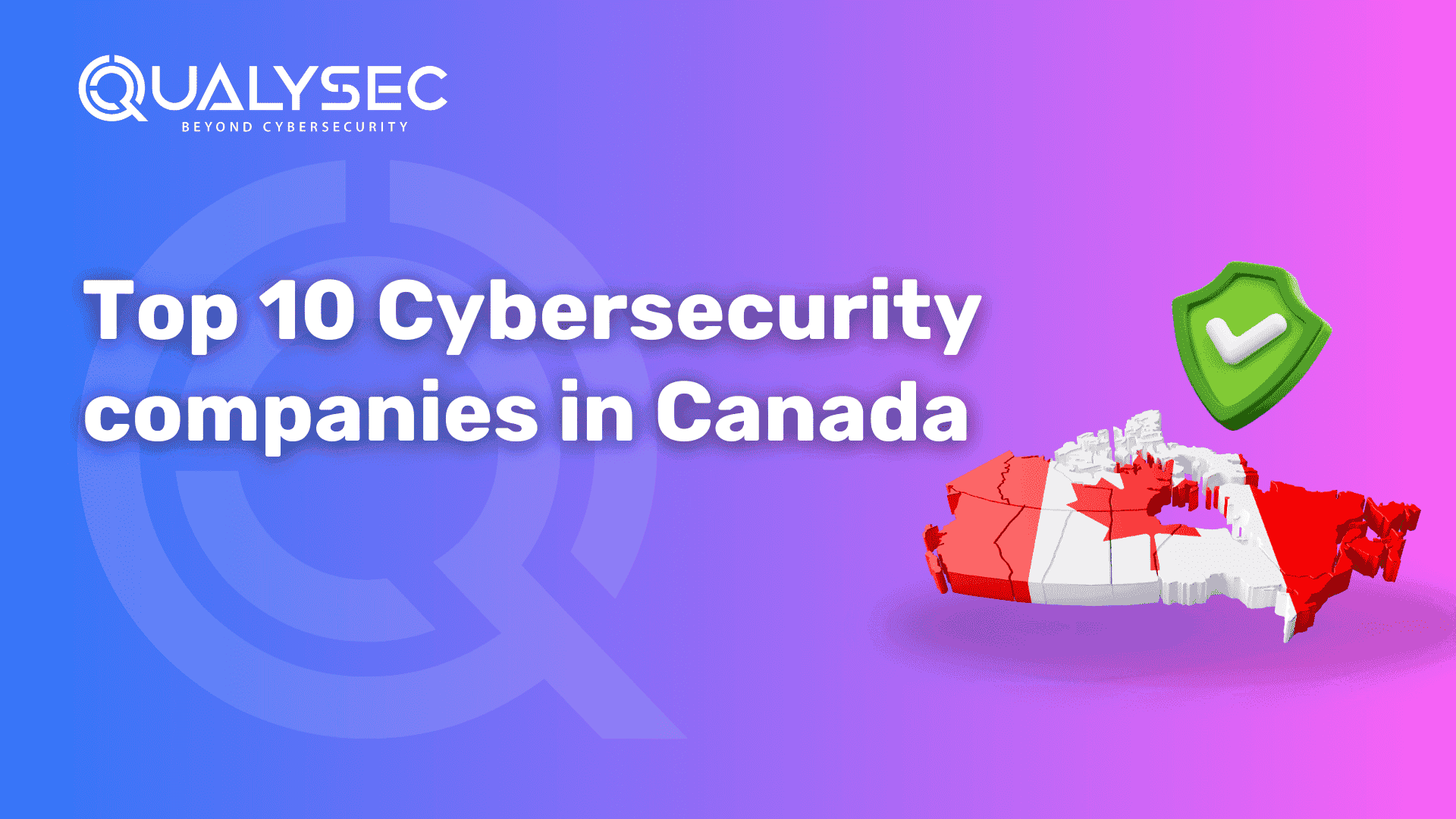




































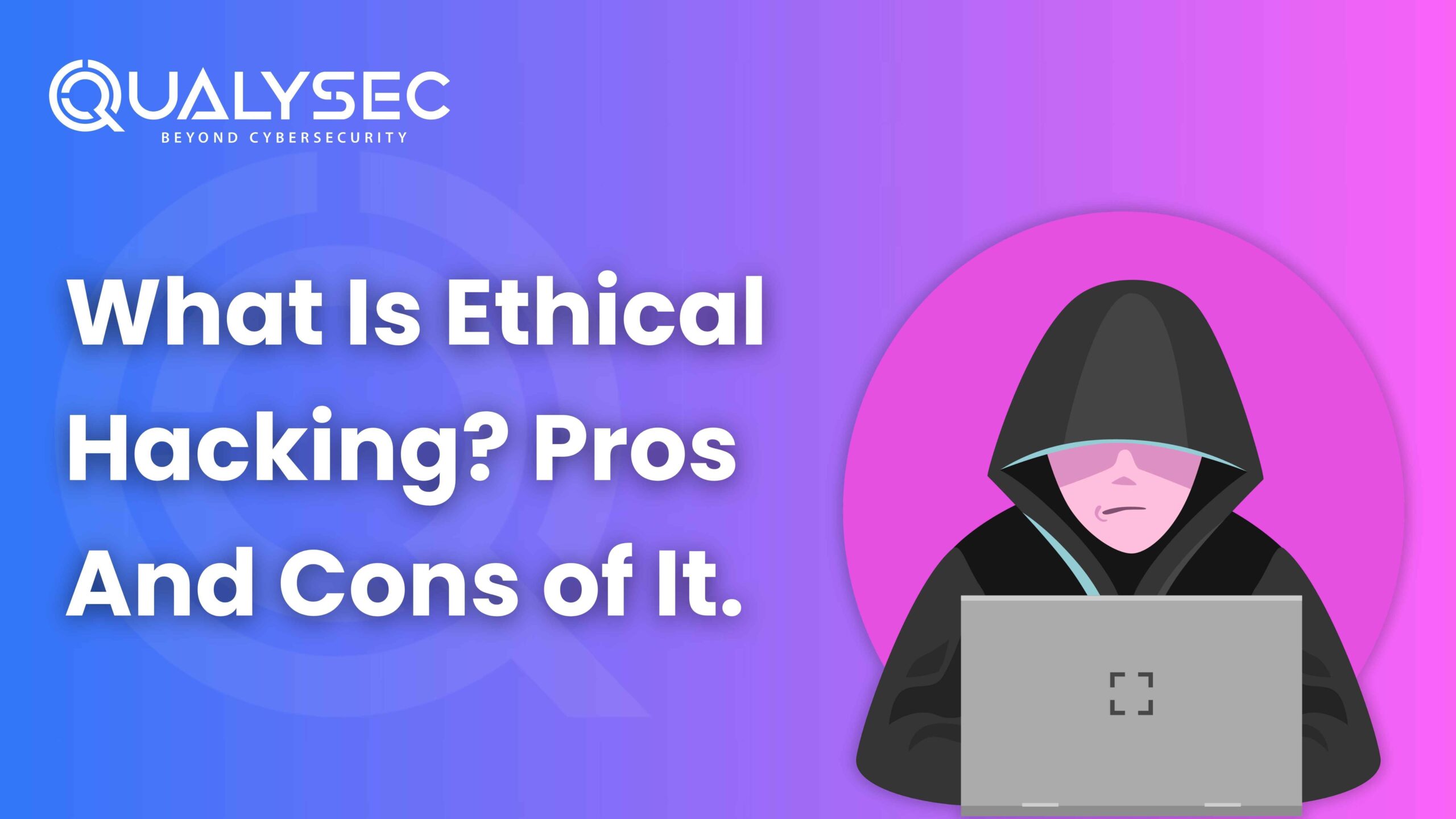








































0 Comments